Blogs
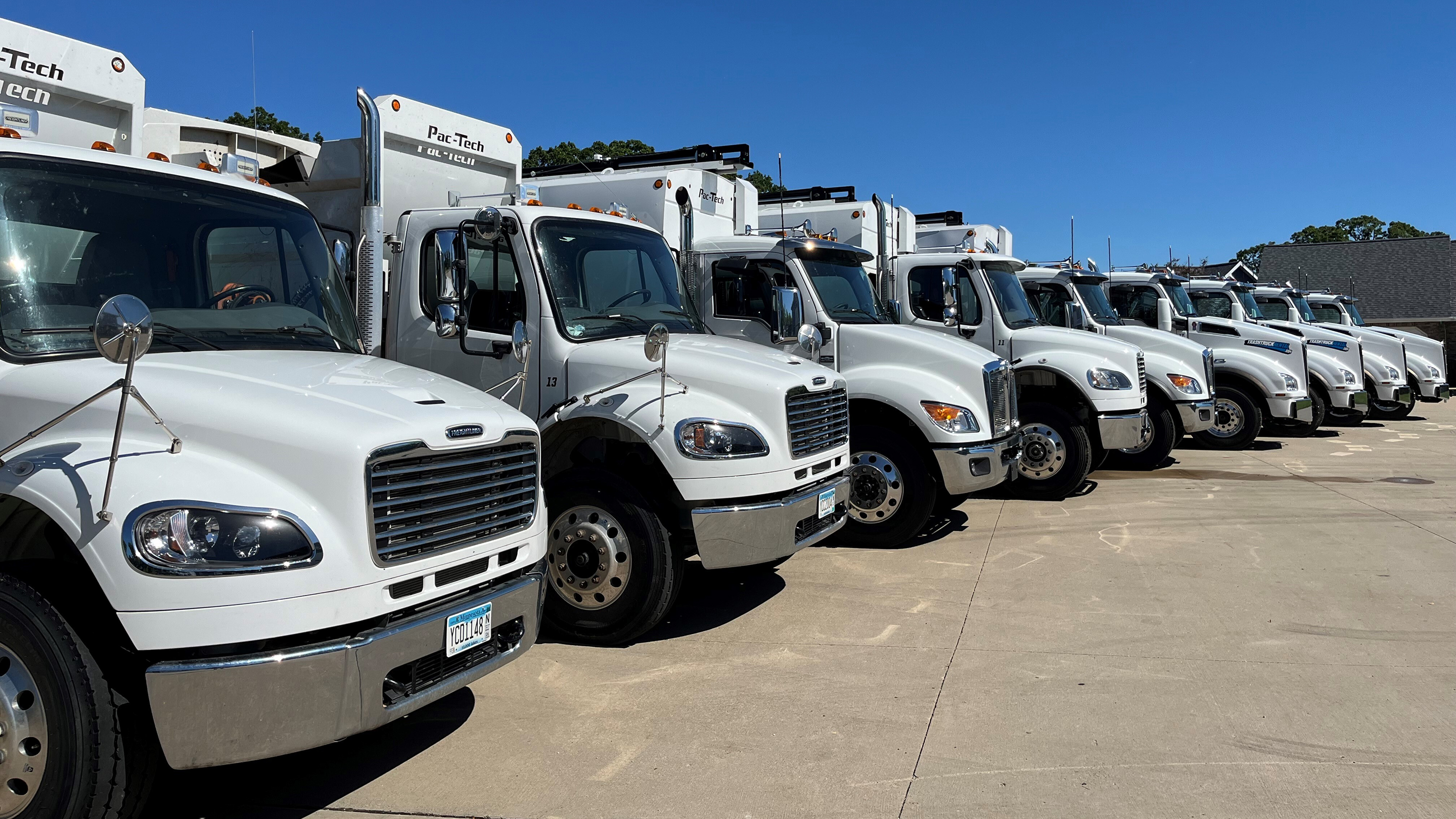
How to Perform Garbage Truck Maintenance: Essential Steps
Use our garbage truck maintenance checklist to establish a regular maintenance schedule. Perform daily checks, monitor tires, and inspect hydraulic systems.
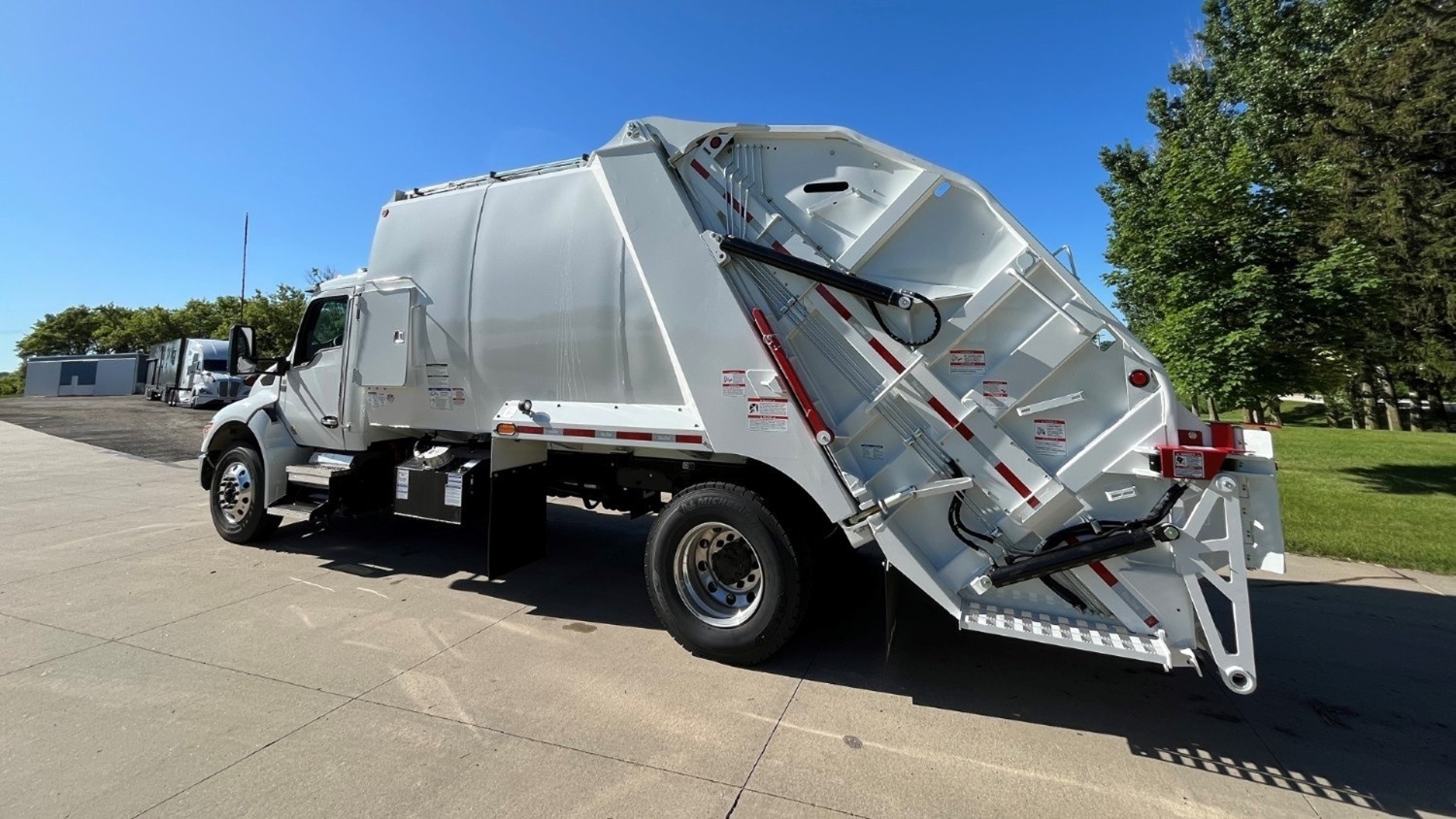
Essential Garbage Truck Safety Tips and Regulations
Ensure garbage truck safety regulations are followed by performing daily checks, wearing protective gear, and following OSHA standards. Learn more!

What Vehicles Can You Drive with a Class B CDL?
Drive straight trucks, buses, dump trucks, and more with a Class B CDL. Discover vehicle types and operation. Check eligibility now!

Waste Hauler Safety Guidelines for Municipal Teams
Improve waste hauler safety with PPE, regular training, equipment checks, and proper material handling. Click here for essential tips!
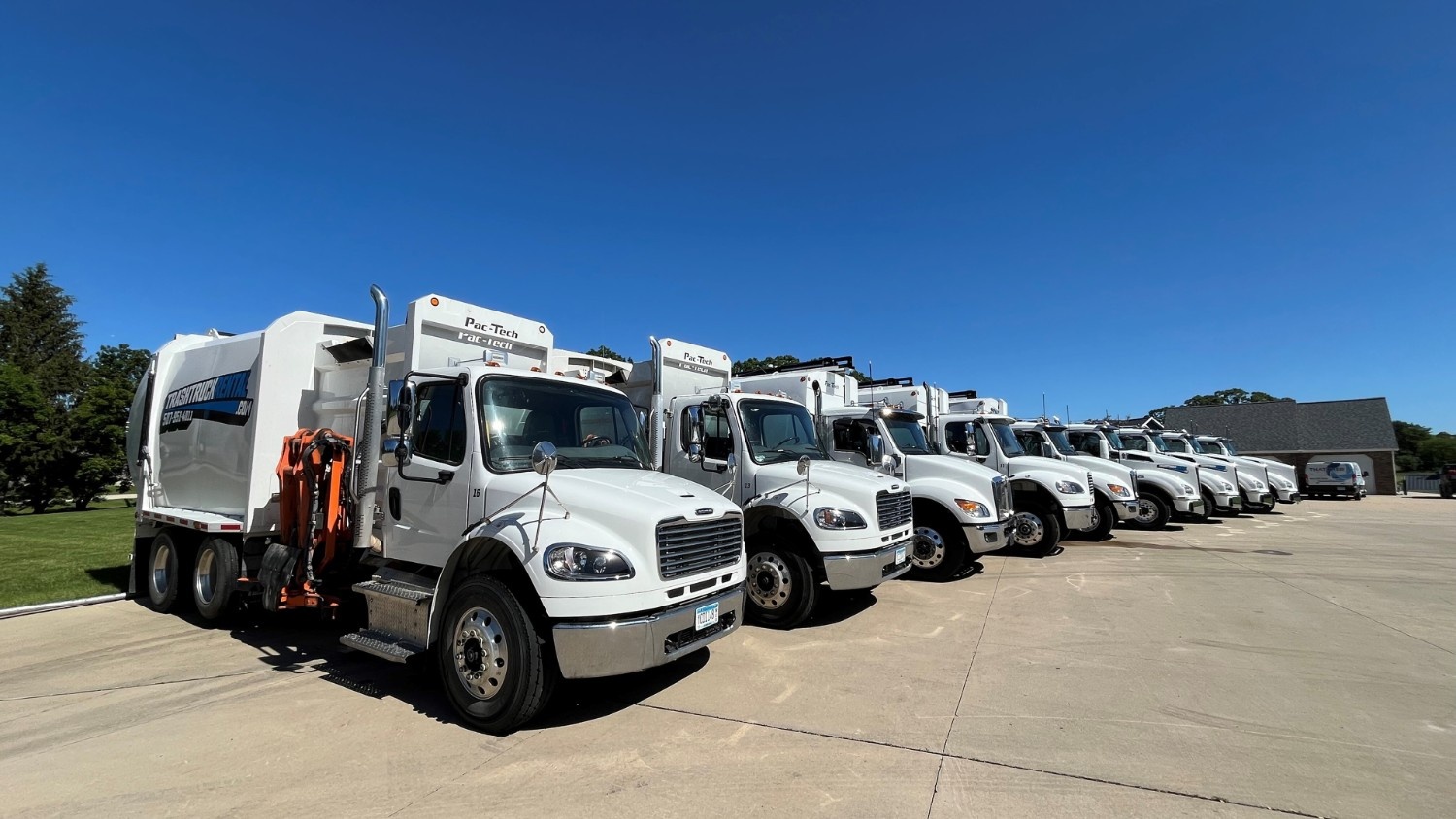
Why Rear Loader Garbage Trucks Still Dominate Waste Management in 2025
Explore how rear‑loader garbage trucks power modern waste management, from types and components to specs, maintenance, and leasing options.
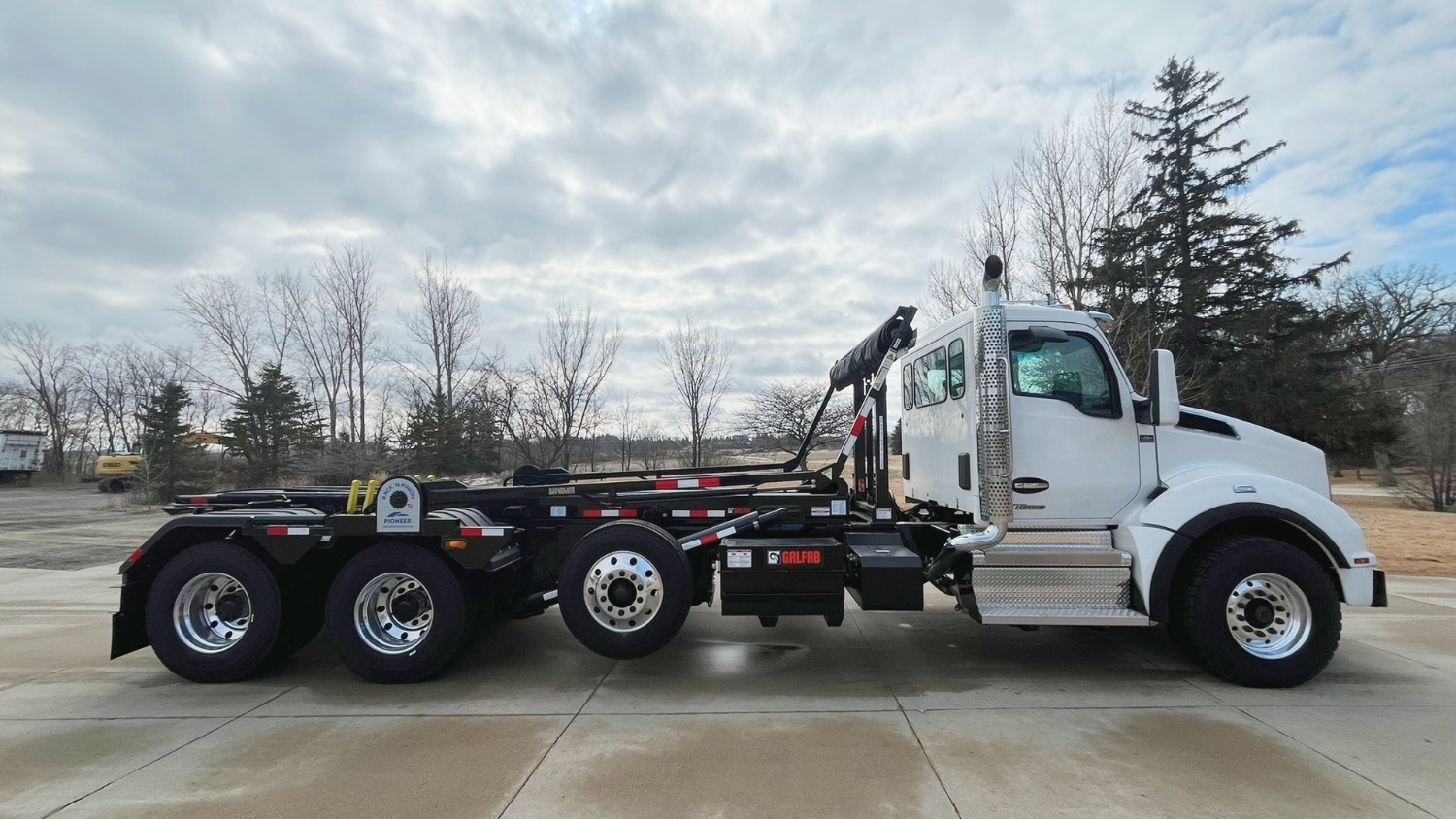
How to Prevent Fires in Garbage Trucks?
Learn why garbage trucks catch fire and how to prevent the mishap. Exclude hazardous waste, train drivers, use fire systems, and conduct inspections.
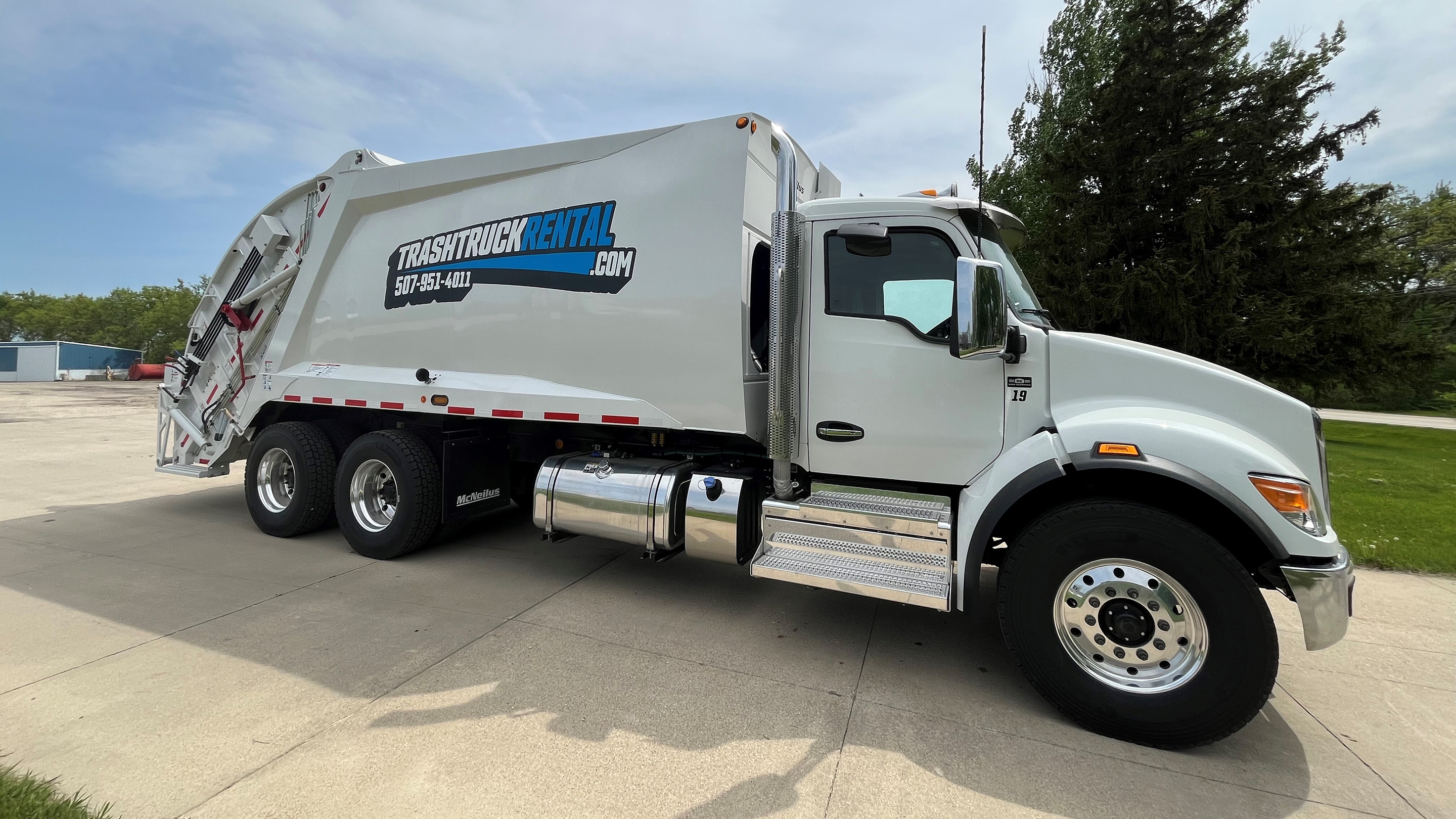
Effective Waste Management Tips for 2025
Get the best waste management tips for 2025. Prioritize the 3 Rs. Stay ahead of laws. Increase efficiency with tech. Reduce costs! Click now.
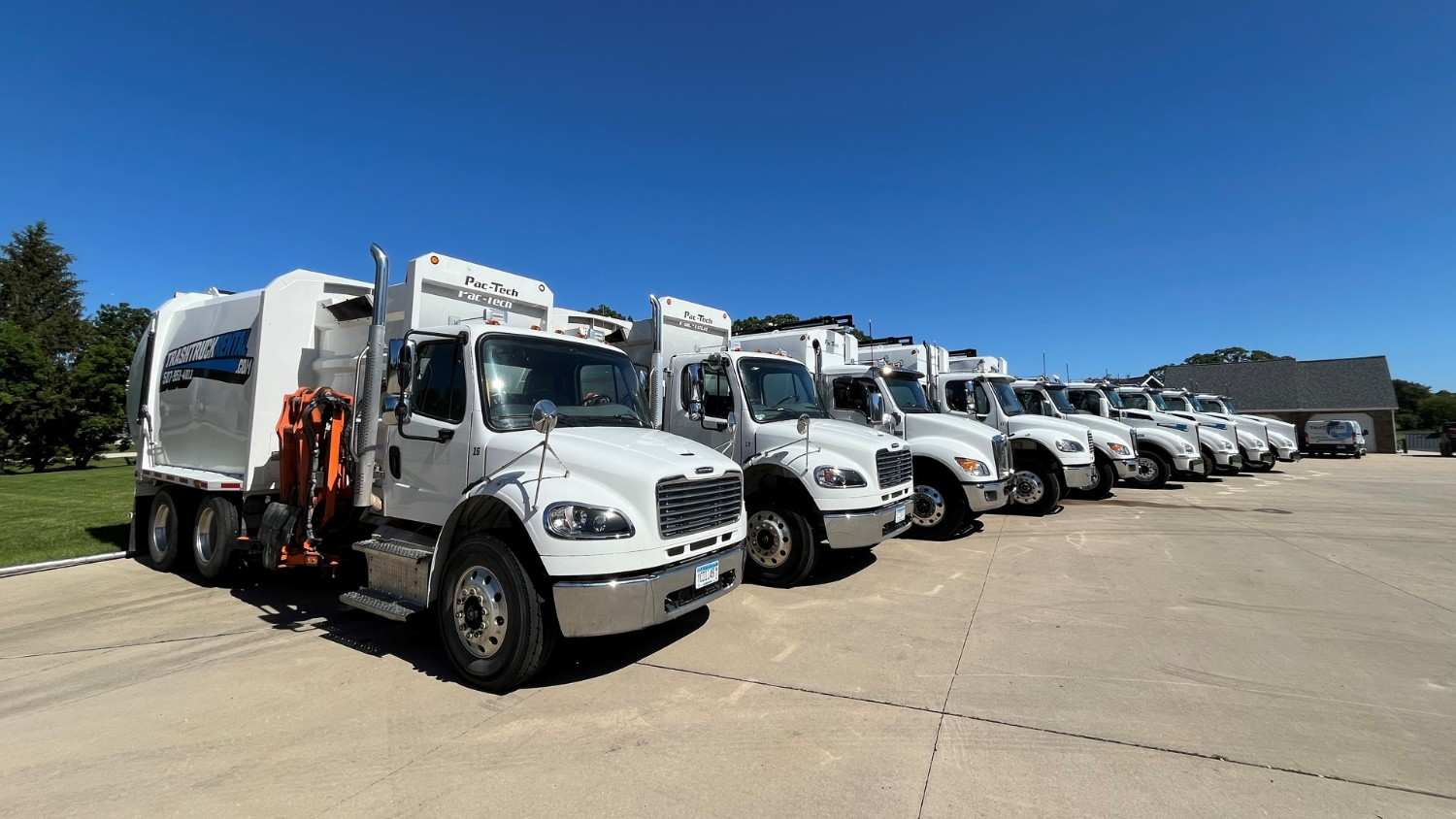
Side Loader Meaning and Definition Explained
Explore side loader meaning, uses, and benefits. See how side loaders maximize space, boost safety, and improve efficiency in warehouse and waste management.
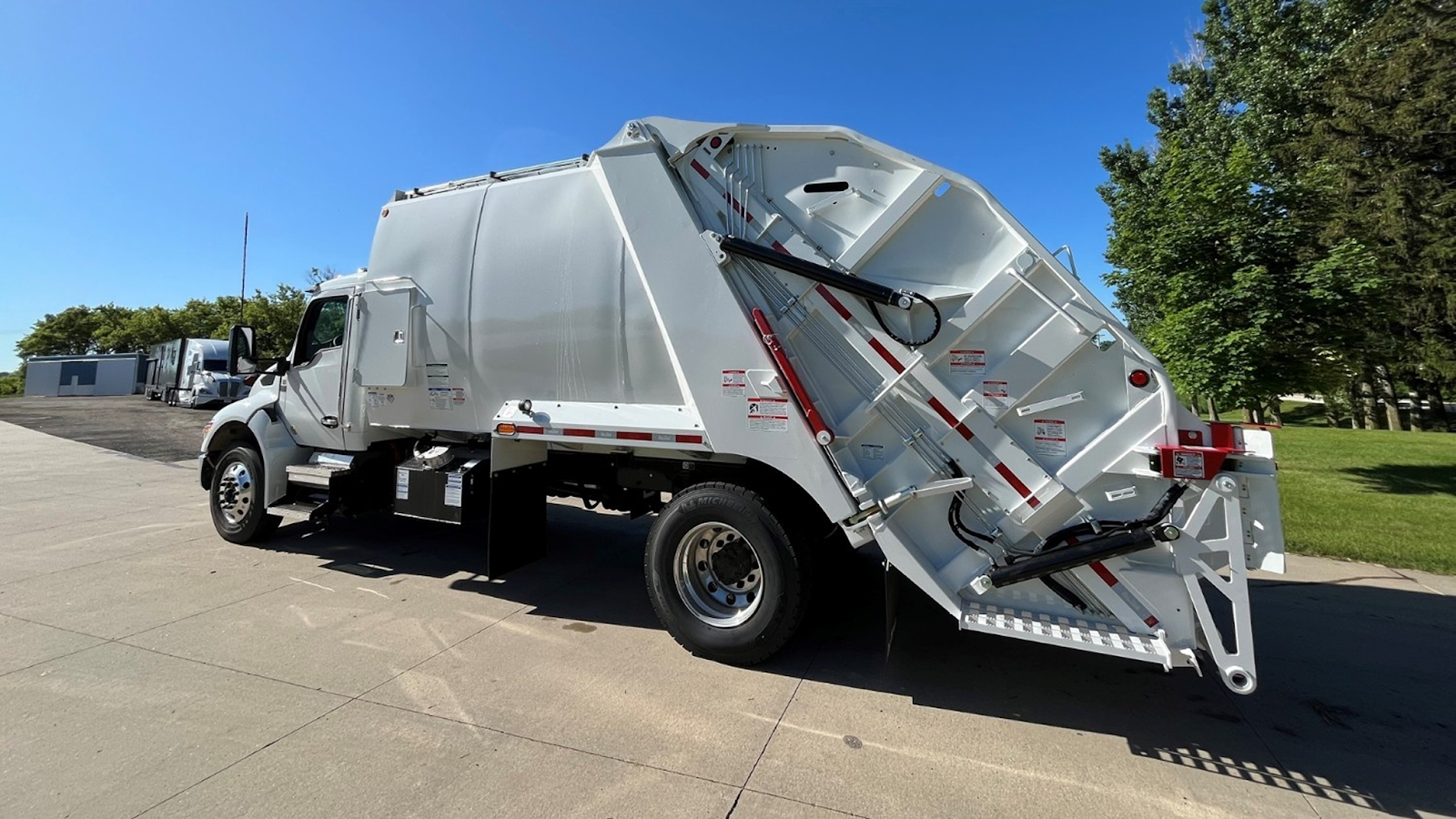
How Does the Back of a Garbage Truck Work?
Learn how the back of a garbage truck works, including key components like the tipper, hopper, and compaction system that ensure efficient waste collection.
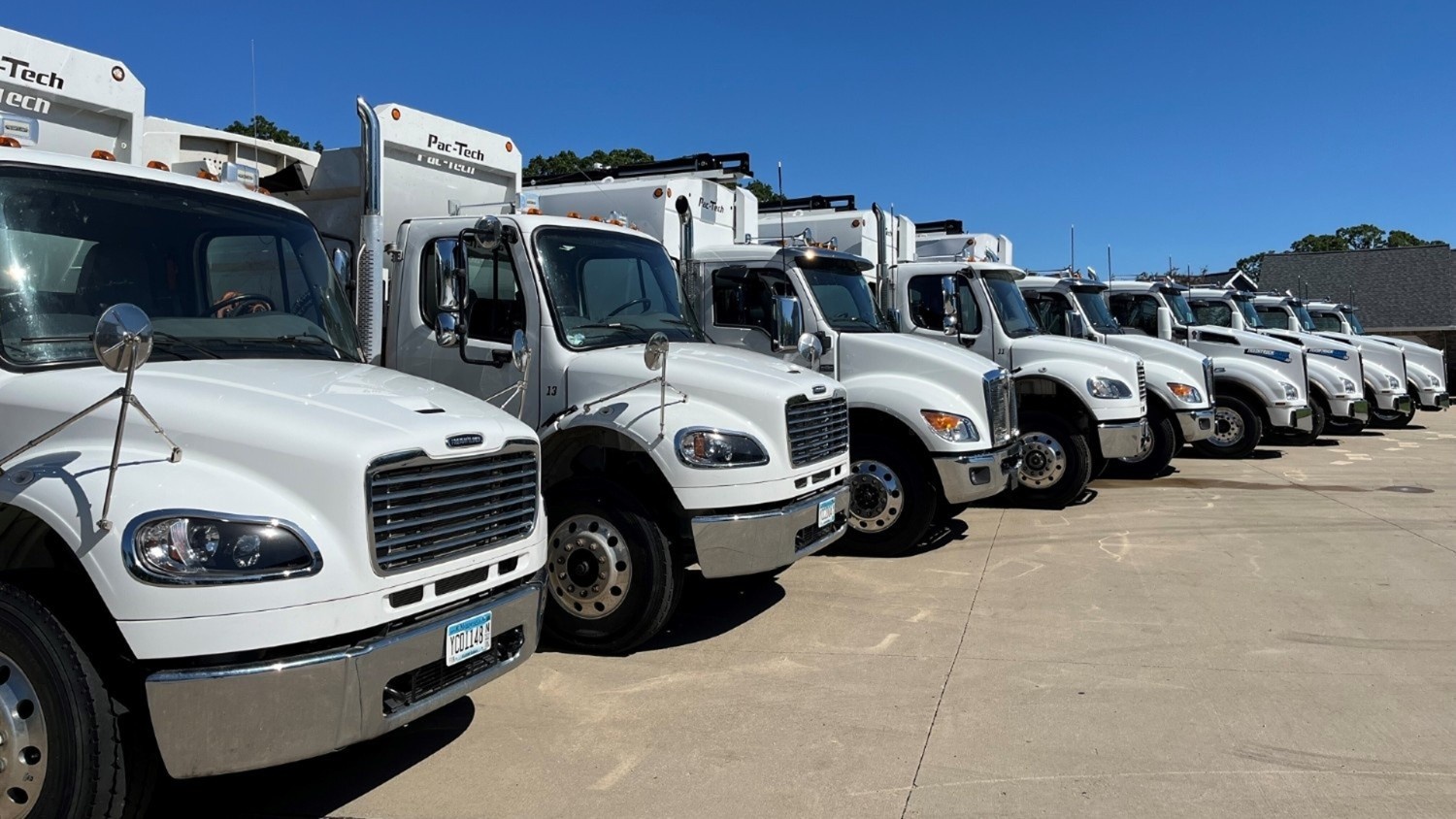
Understanding Front Gross Axle Weight Rating Basics
Uncover what the front gross axle weight rating is, why it matters for all vehicles, and its impact on safety. Ensure optimal vehicle performance by understanding your Front GAWR. Learn more!
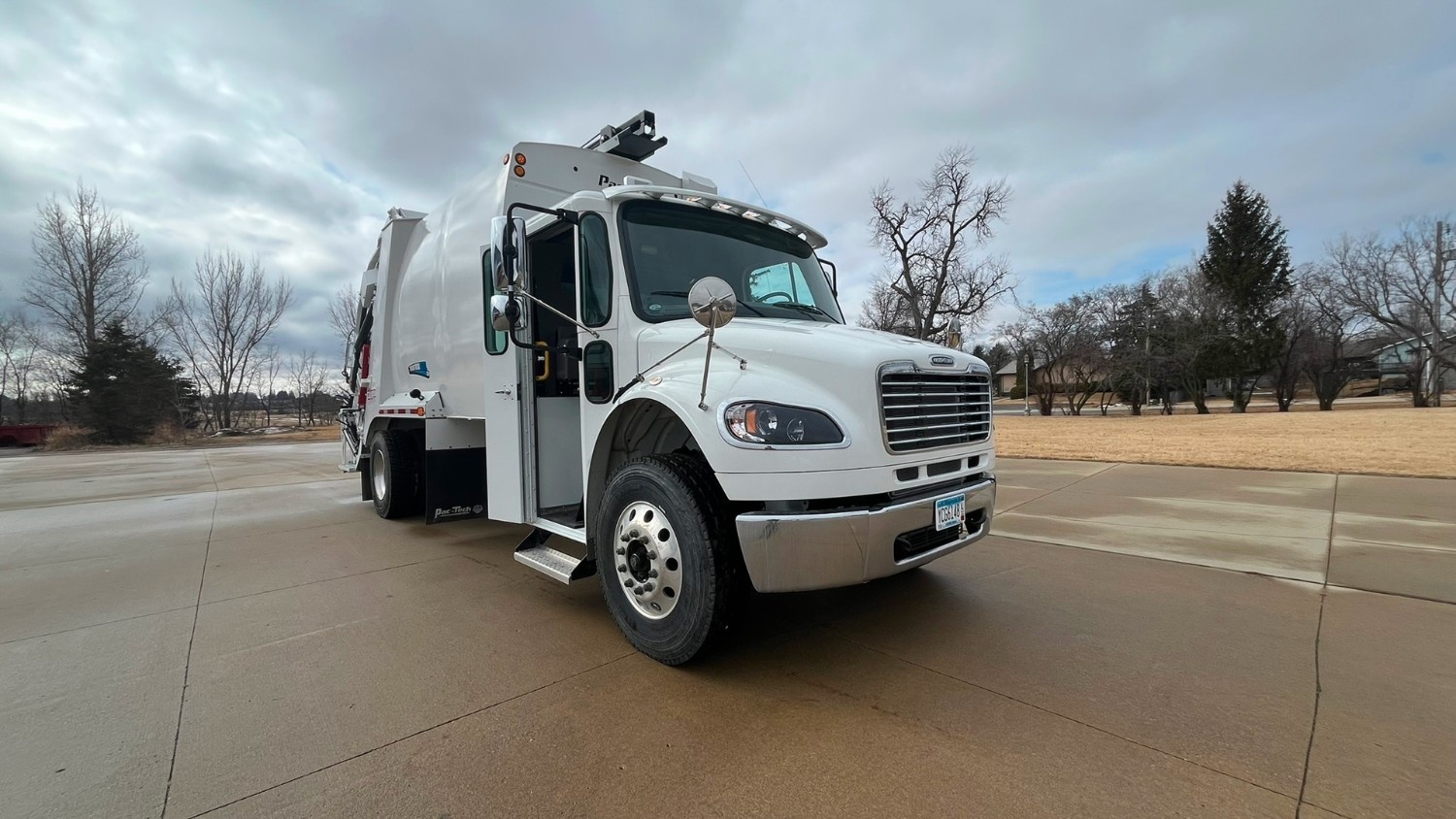
How Much Trash Can a Garbage Truck Hold?
Discover how much a garbage truck can hold by volume and weight. Learn about truck types and factors influencing capacity for optimal waste management.
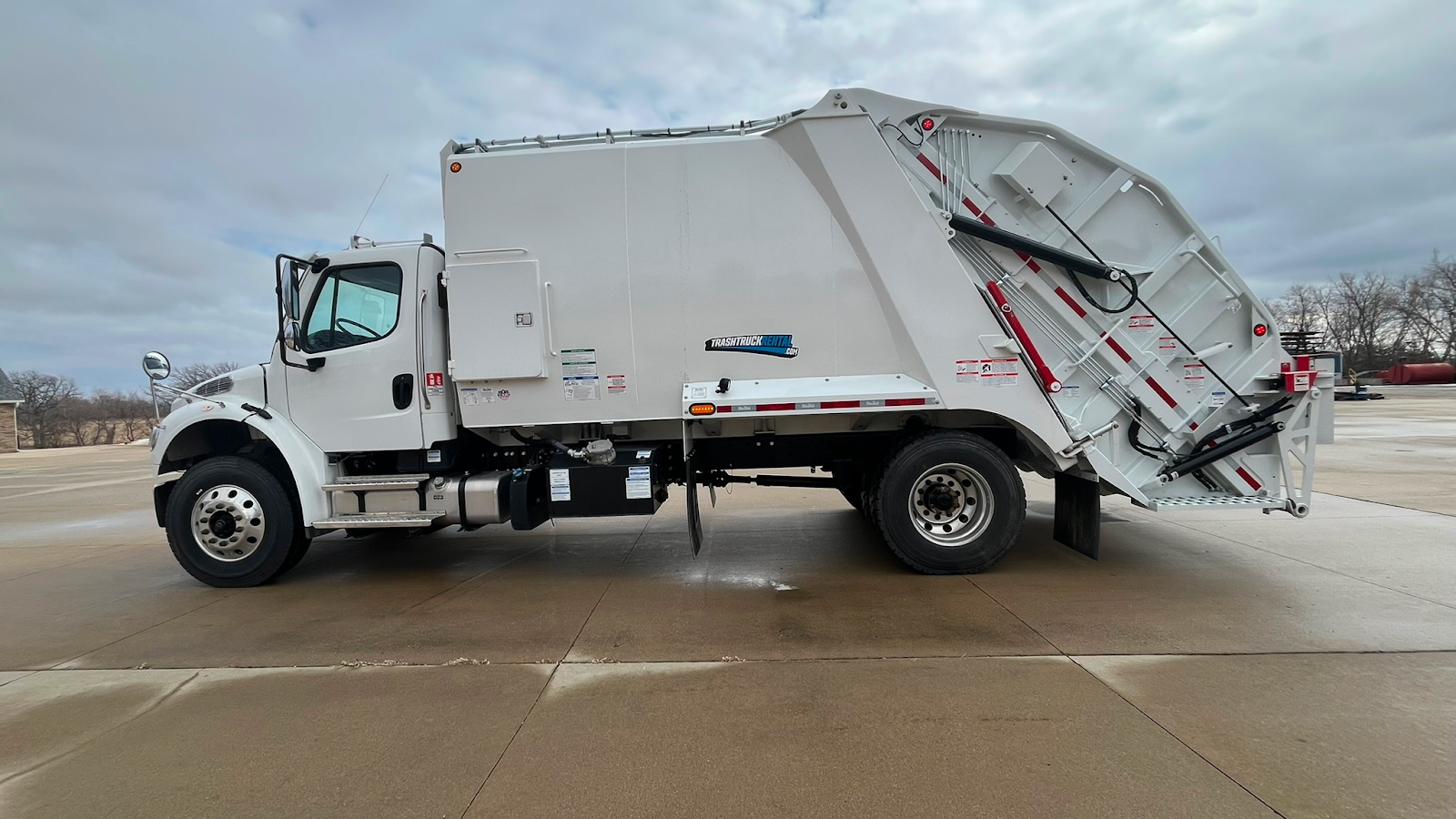
A Guide to Different Types of Garbage Trucks
Discover the different types of garbage trucks, their features, and how to choose the right one for your waste management needs.
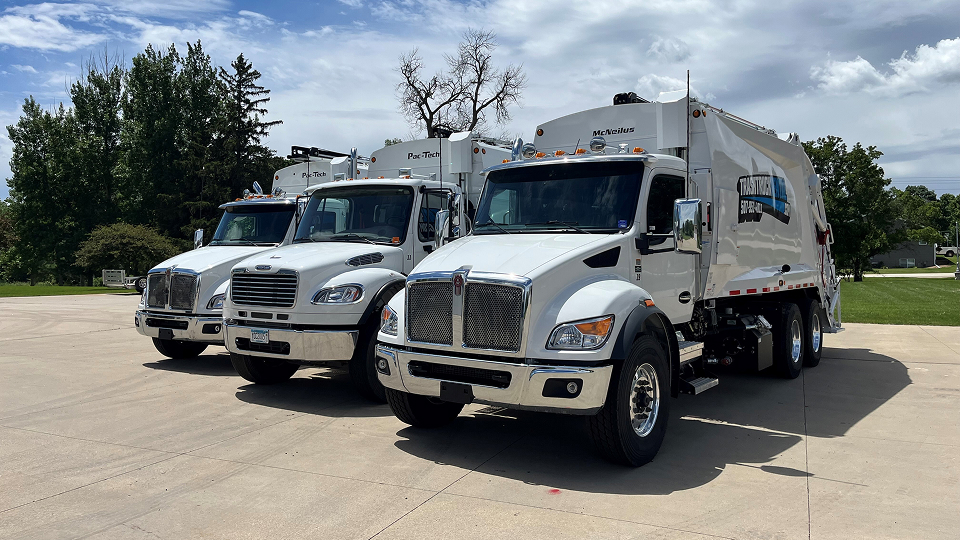
Preventative Maintenance Tips for Refuse Trucks
Maximize efficiency with our refuse truck maintenance checklist. Inspect hydraulics, brakes, fluids daily to ensure safety and reduce costly downtime.

Rear Loader Garbage Compactor Truck Market Size & Trends 2032
Explore the rear loader garbage compactor truck market growth from USD 19.14B to 24.5B by 2032, driven by urbanization and tech advancements. Learn more!
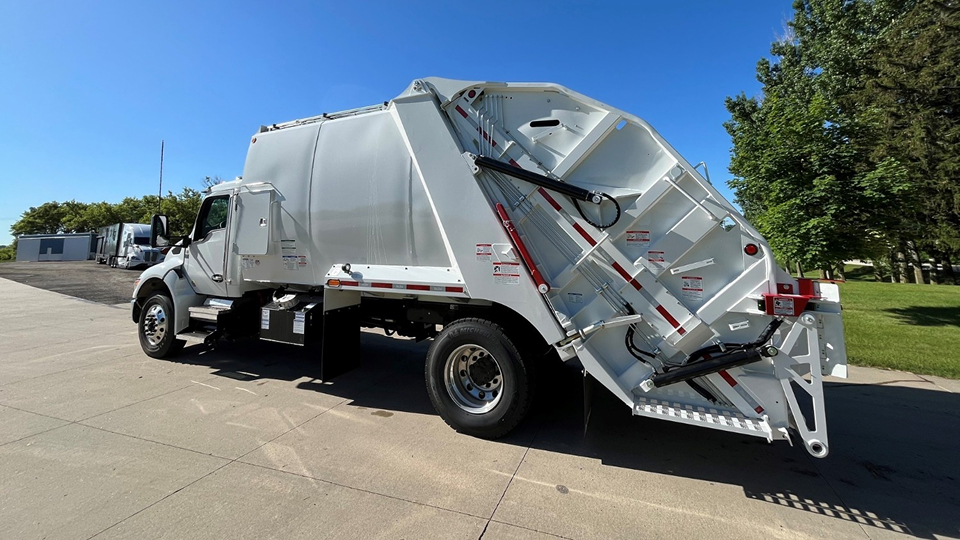
How Much Weight Can a Garbage Truck Lift Safely
Discover how much weight a garbage truck can lift, including truck types, bin condition impact, and safety protocols. Click to learn more!
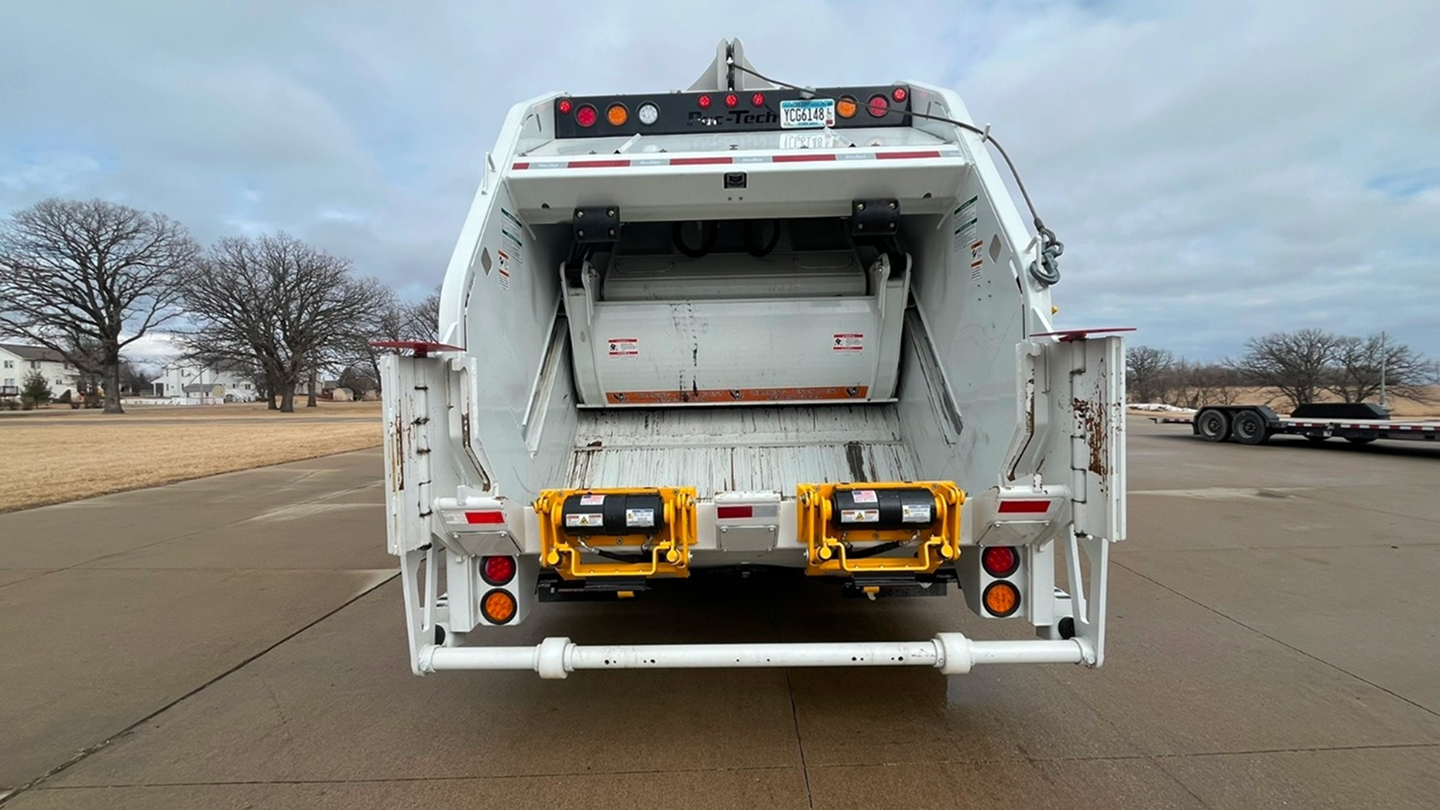
US Garbage Collection: Number of Private and Public Companies
Explore the landscape of garbage collection in the US, comparing private and public companies. Learn about industry trends and market shares in service models.
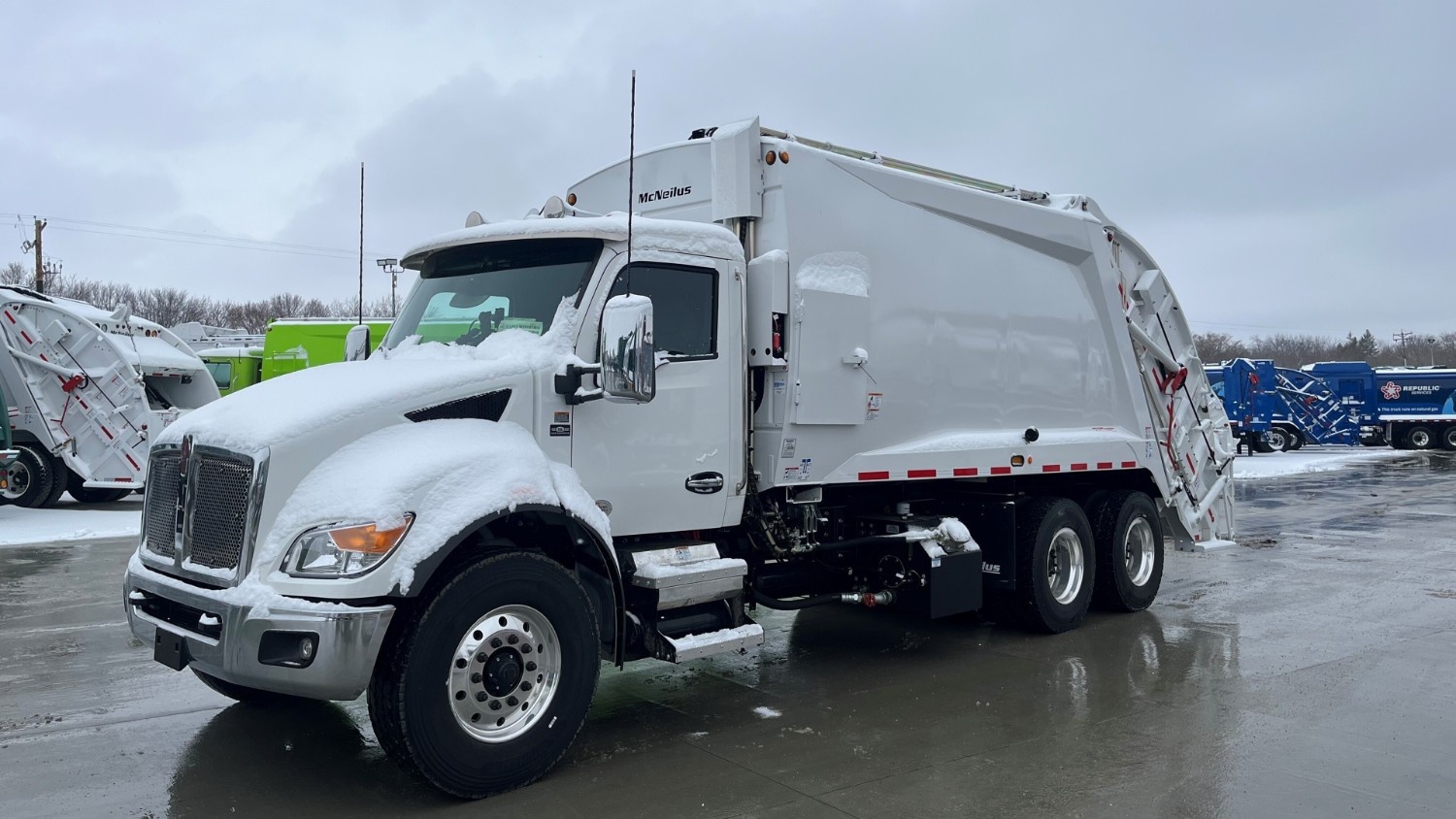
How Much Does a Garbage Truck Weigh?
Learn how much a garbage truck weighs and why it matters. Discover weight impact, efficiency tips, and smart solutions for your waste management fleet.
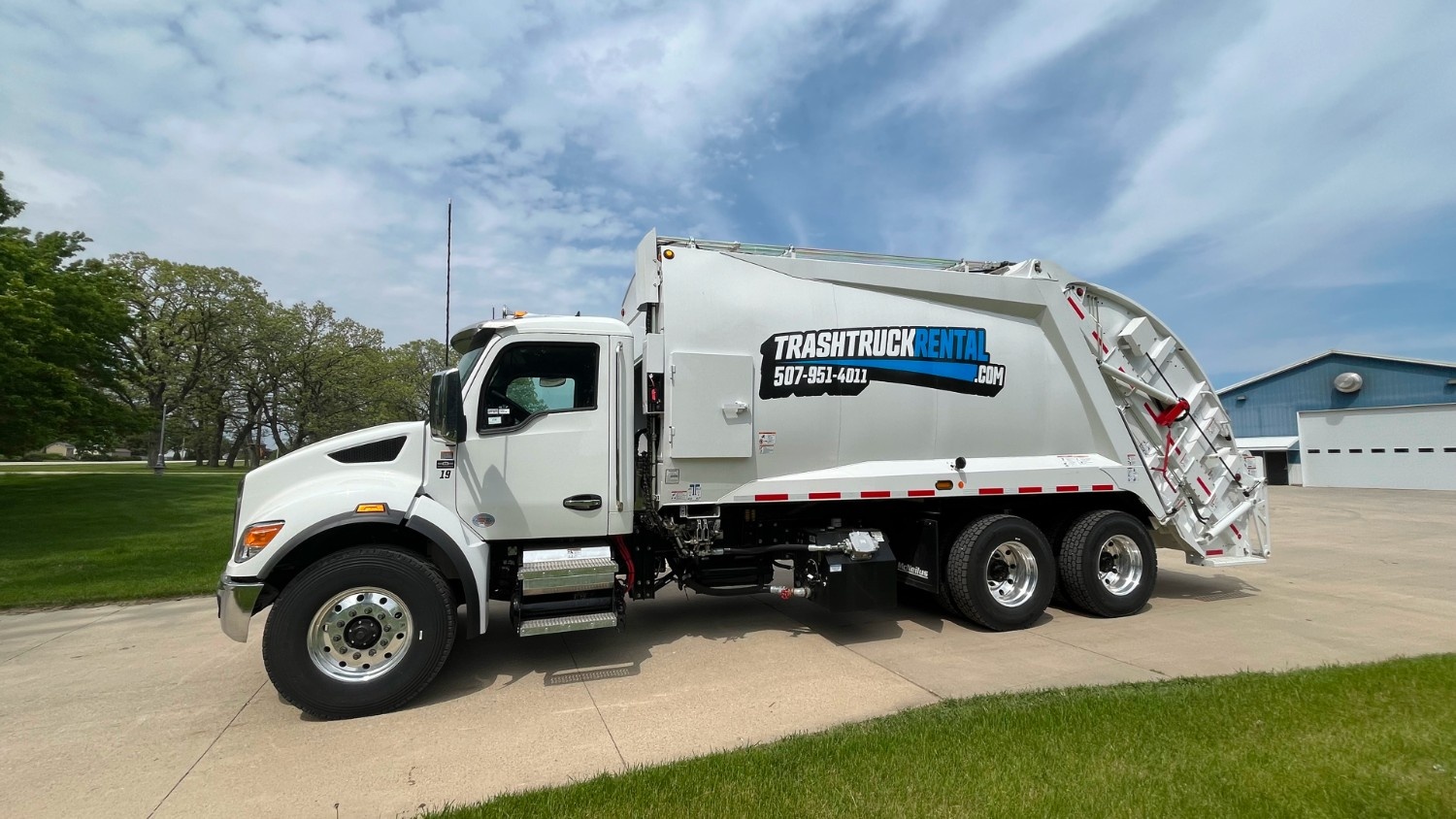
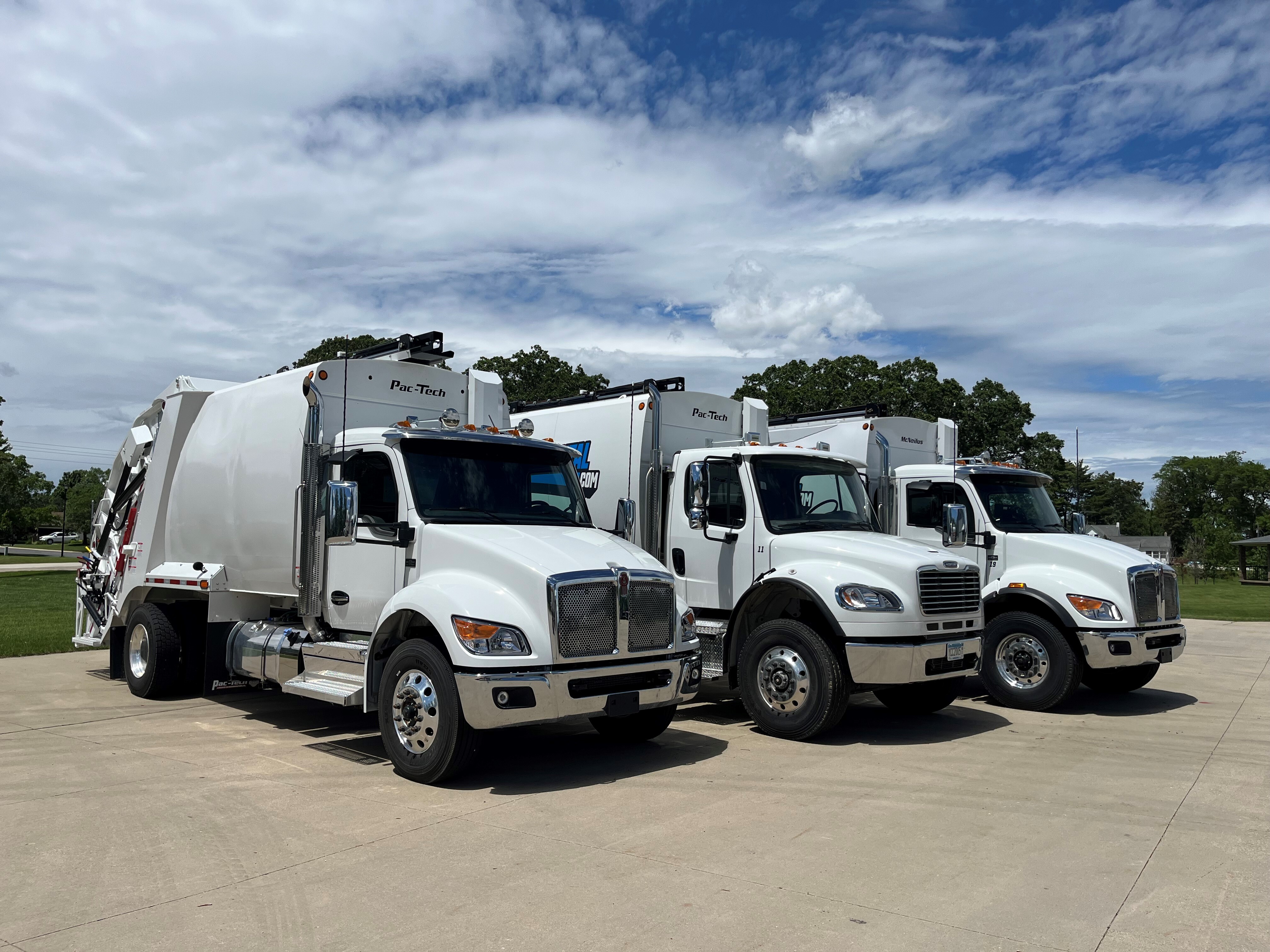
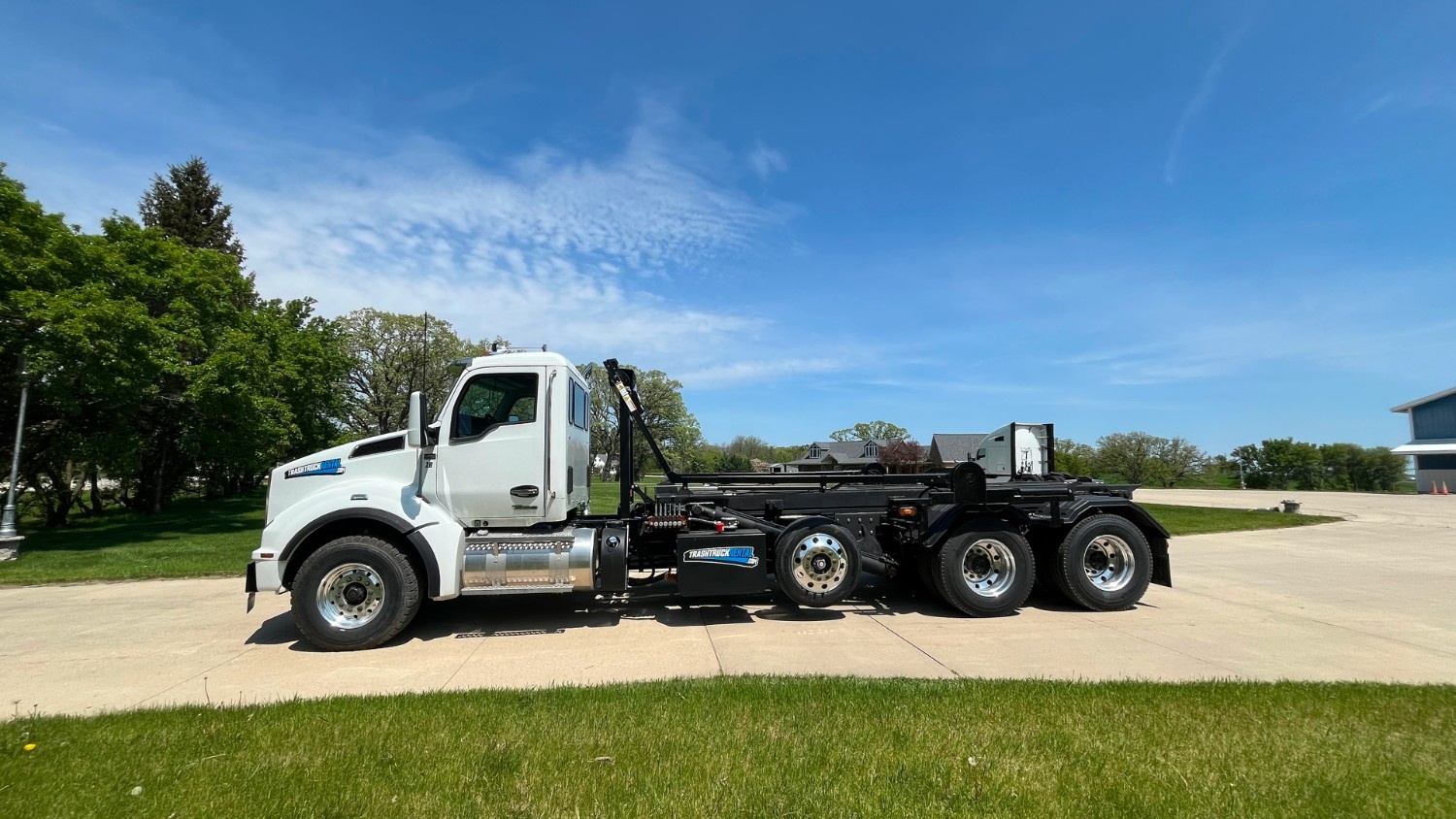
Waste Management Roll-Off Services and How They Work
Waste management roll-off truck services simplify large project cleanups with efficient, affordable dumpster rentals for construction and renovation debris.
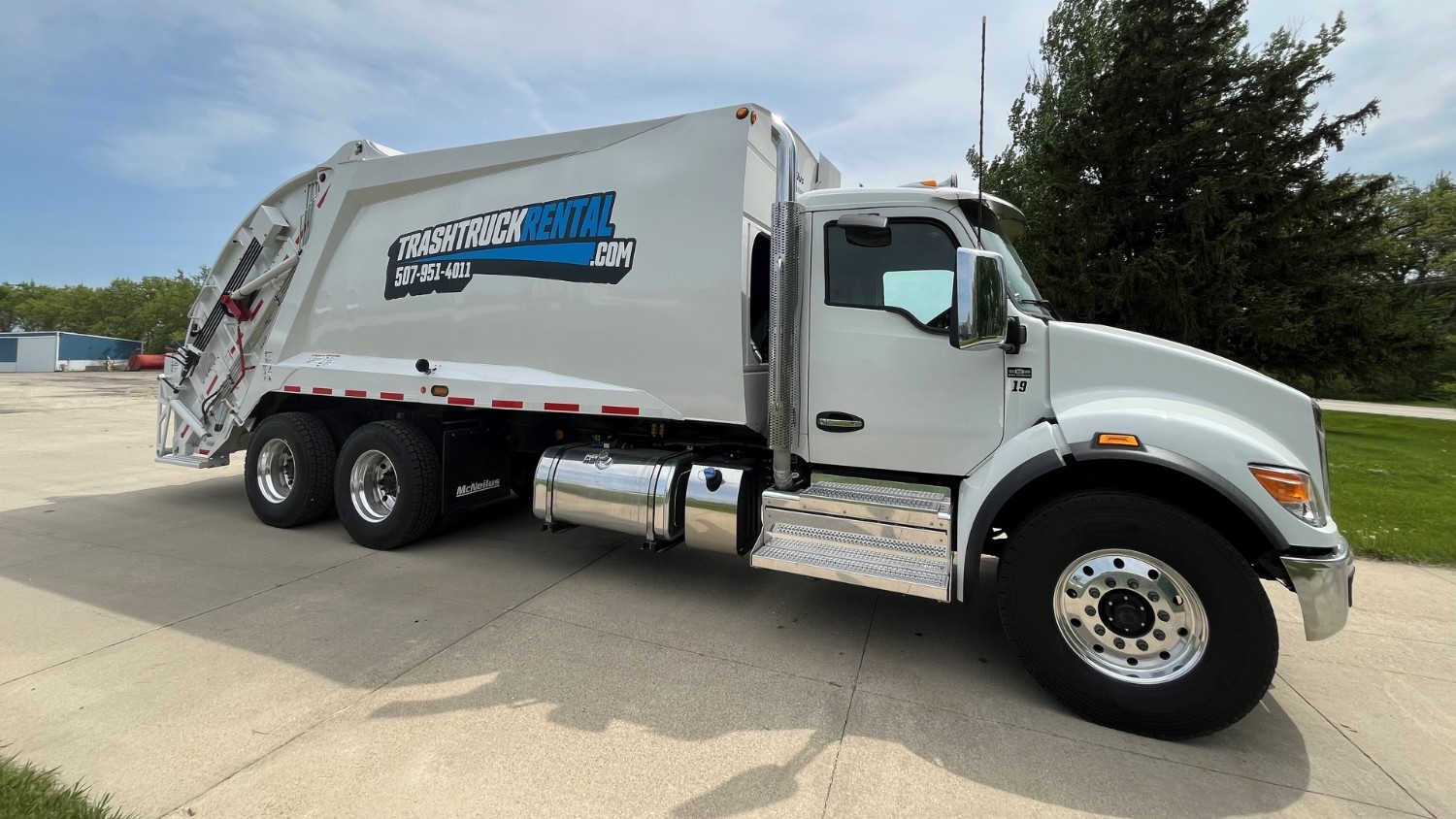
Lease Or Rent Garbage Trucks: A Strategic Guide
Strategic guide to garbage truck rental for company acquisitions. Rent or Lease to save capital, reduce maintenance, & gain fleet flexibility for growth.
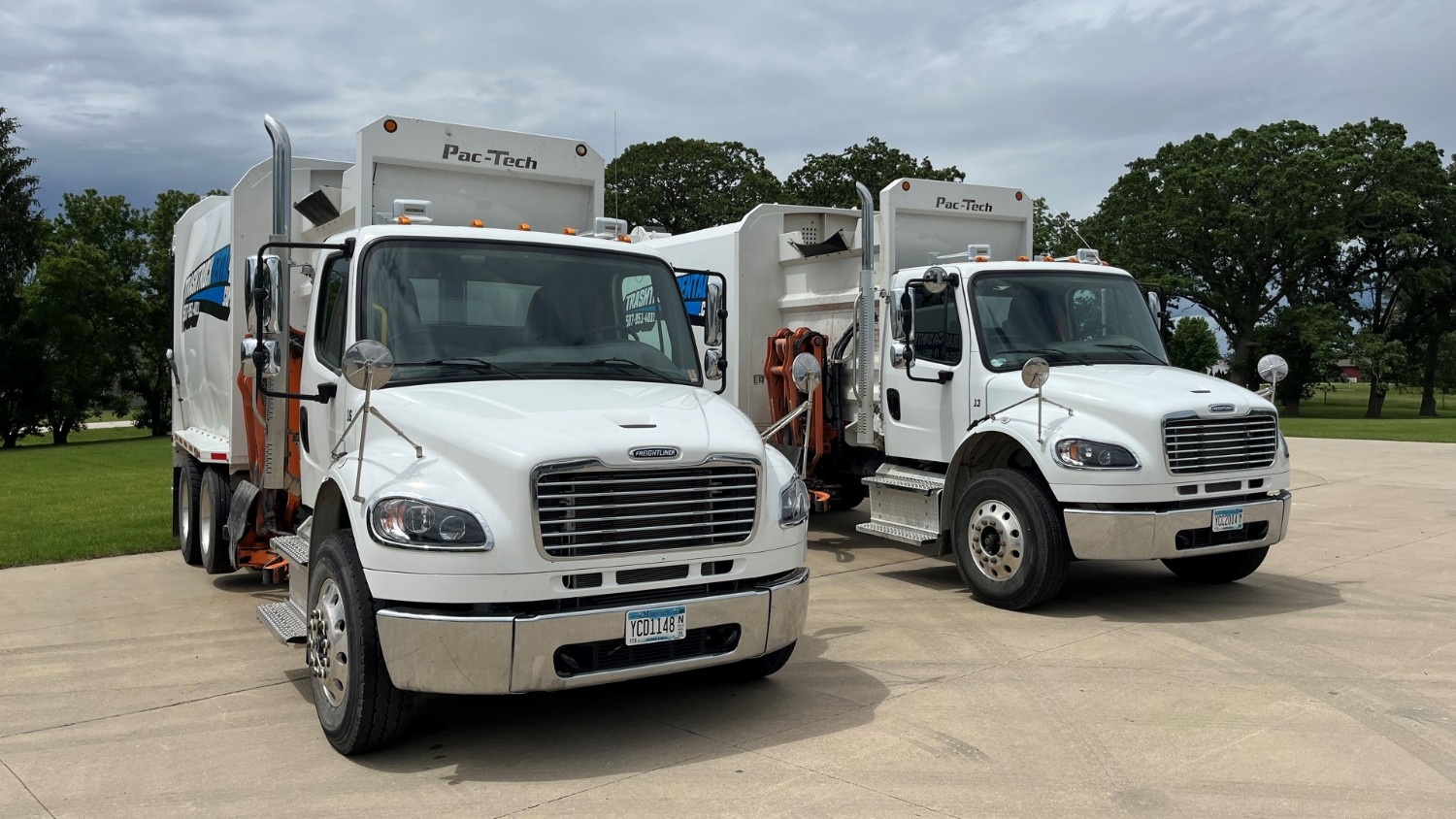
What Is GAWR: Understanding Vehicle Weight Ratings
Learn what is GAWR & why it’s vital. Our guide explains the difference between GAWR and GVWR and why it’s critical for safety, compliance, and how to locate it.
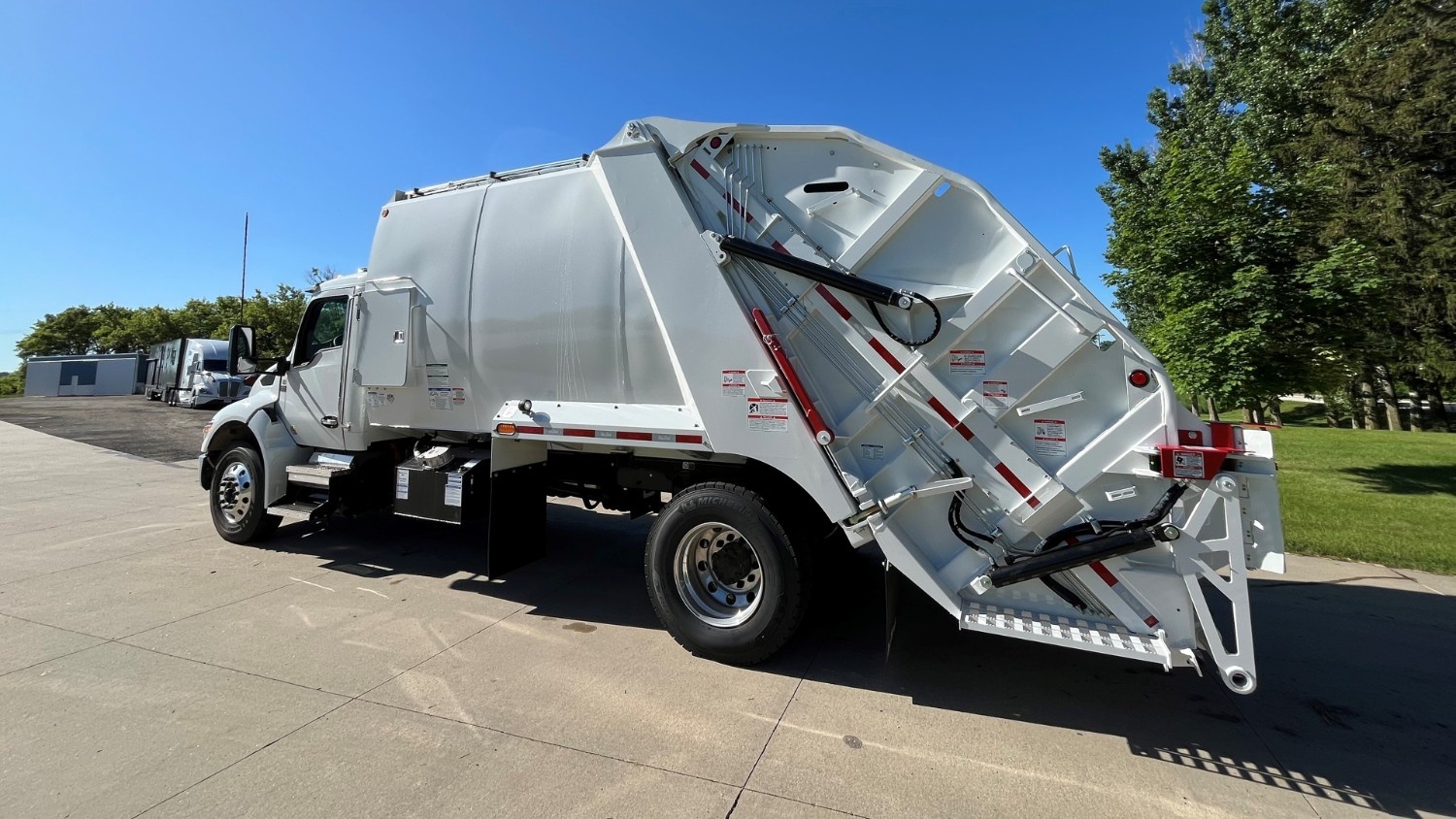
Waste Vehicle Safety Tips and Guidelines
Prioritize waste vehicle safety with our expert tips & guidelines. Learn about common risks, essential driver training, maintenance, and public awareness.
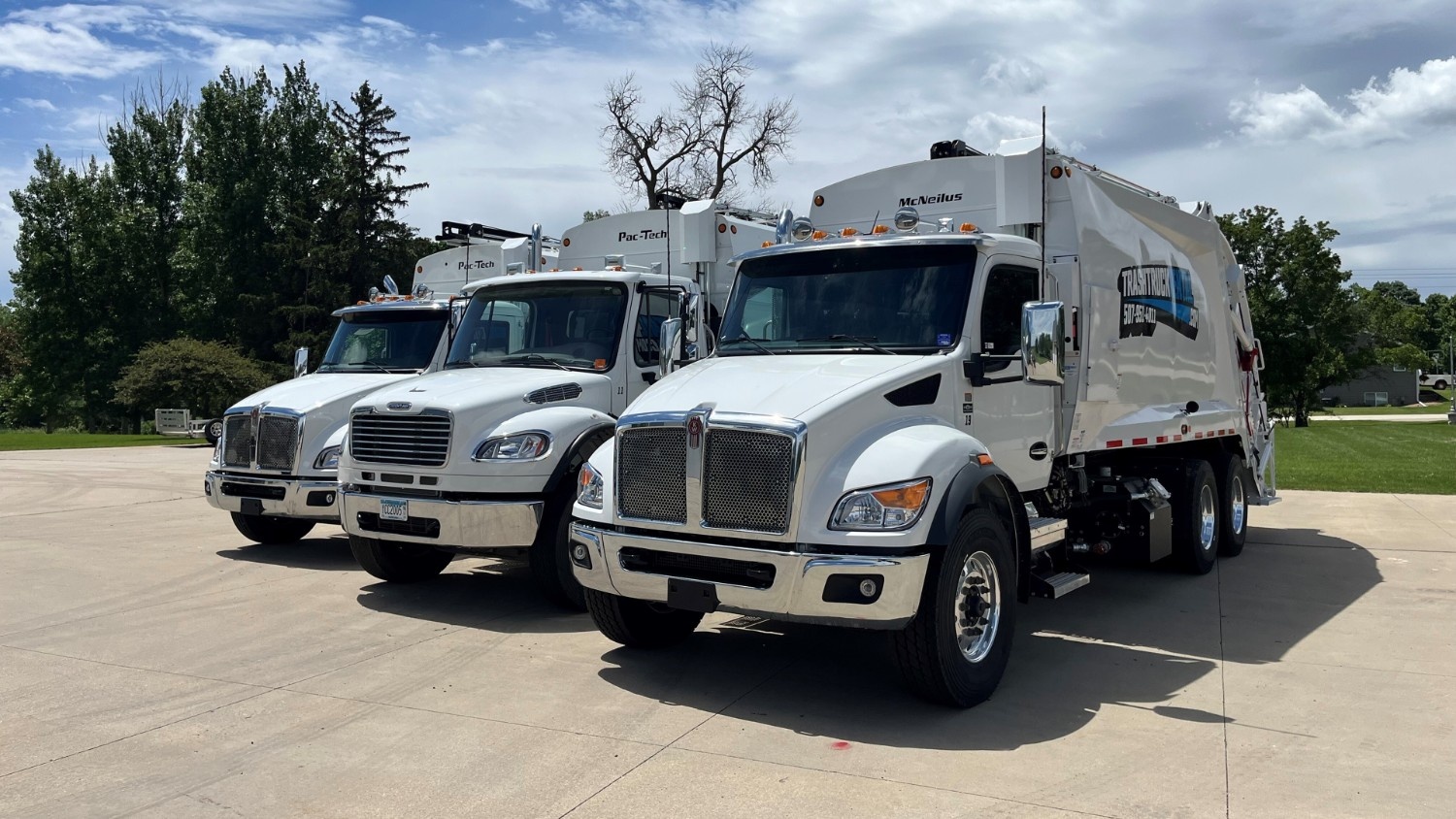
Troubleshooting Common Rear Loader Garbage Truck Problems
Identify and troubleshoot common garbage truck rear loader problems quickly to reduce downtime and keep your waste collection fleet running hassle free.
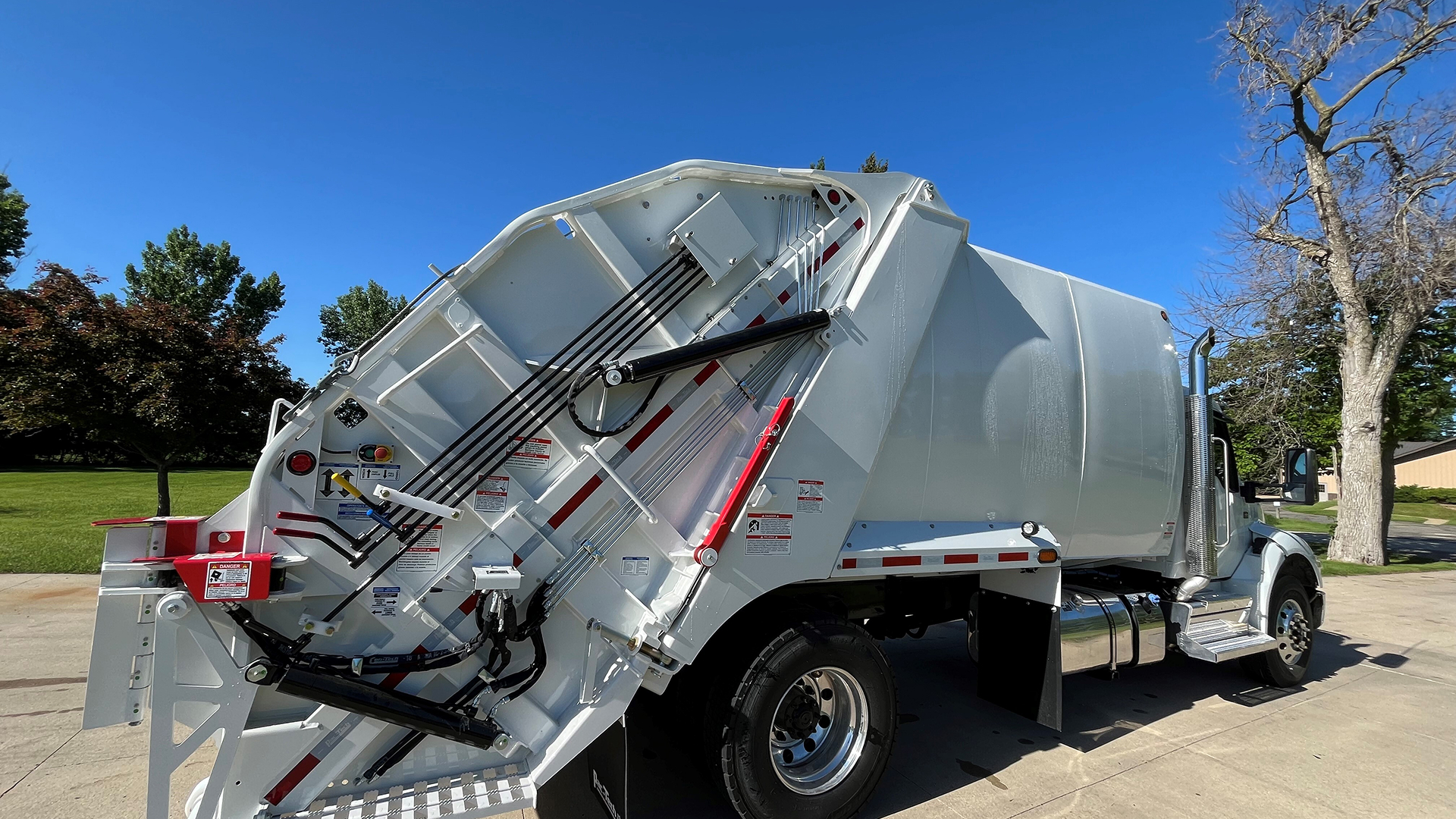
How to Fix Common Rear Loader Compactor Failures
Learn how to troubleshoot and prevent rear loader garbage truck compactor failures to reduce downtime, cut costs, and keep your waste fleet running smoothly.
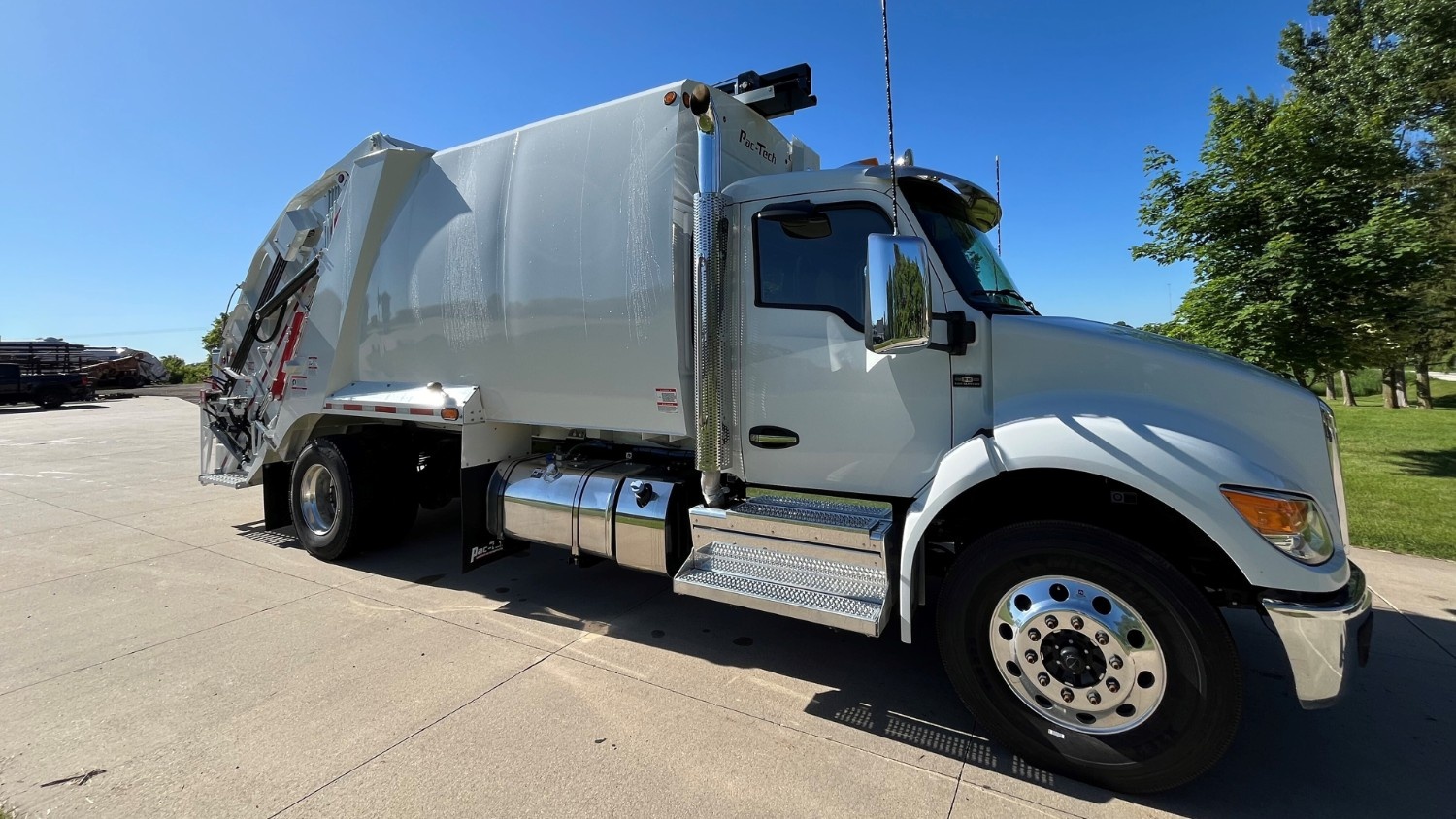
Short-Term Garbage Truck Rentals for Business Growth
Boost your business growth with short-term garbage truck rental. Enjoy flexible fleet scaling, lower costs, and risk-free expansion opportunities today.
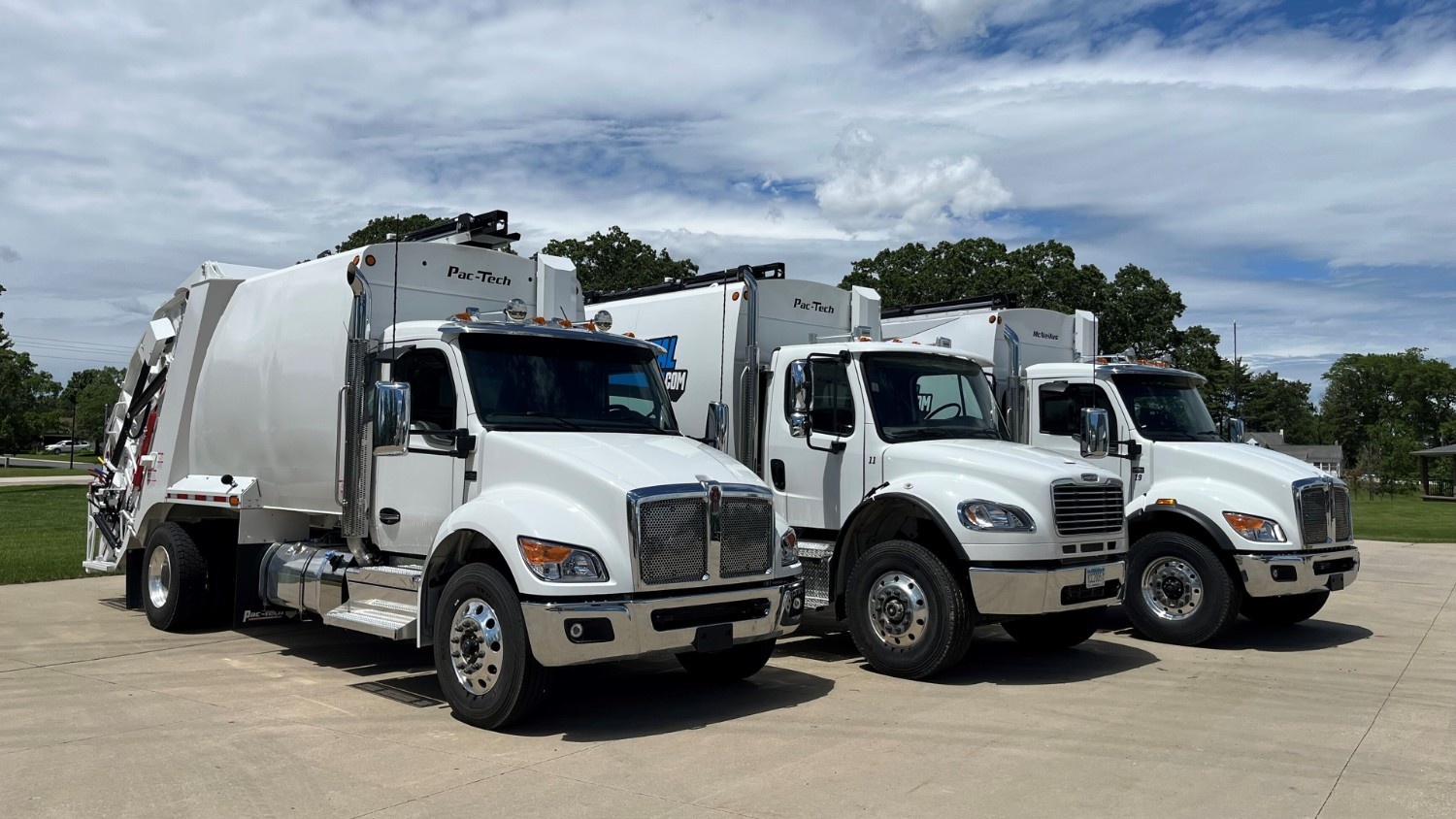
Municipal Truck and Fleet Maintenance Guide
Discover essential municipality truck maintenance practices and how to extend fleet life, reduce costs, and keep public services running reliably across the U.S
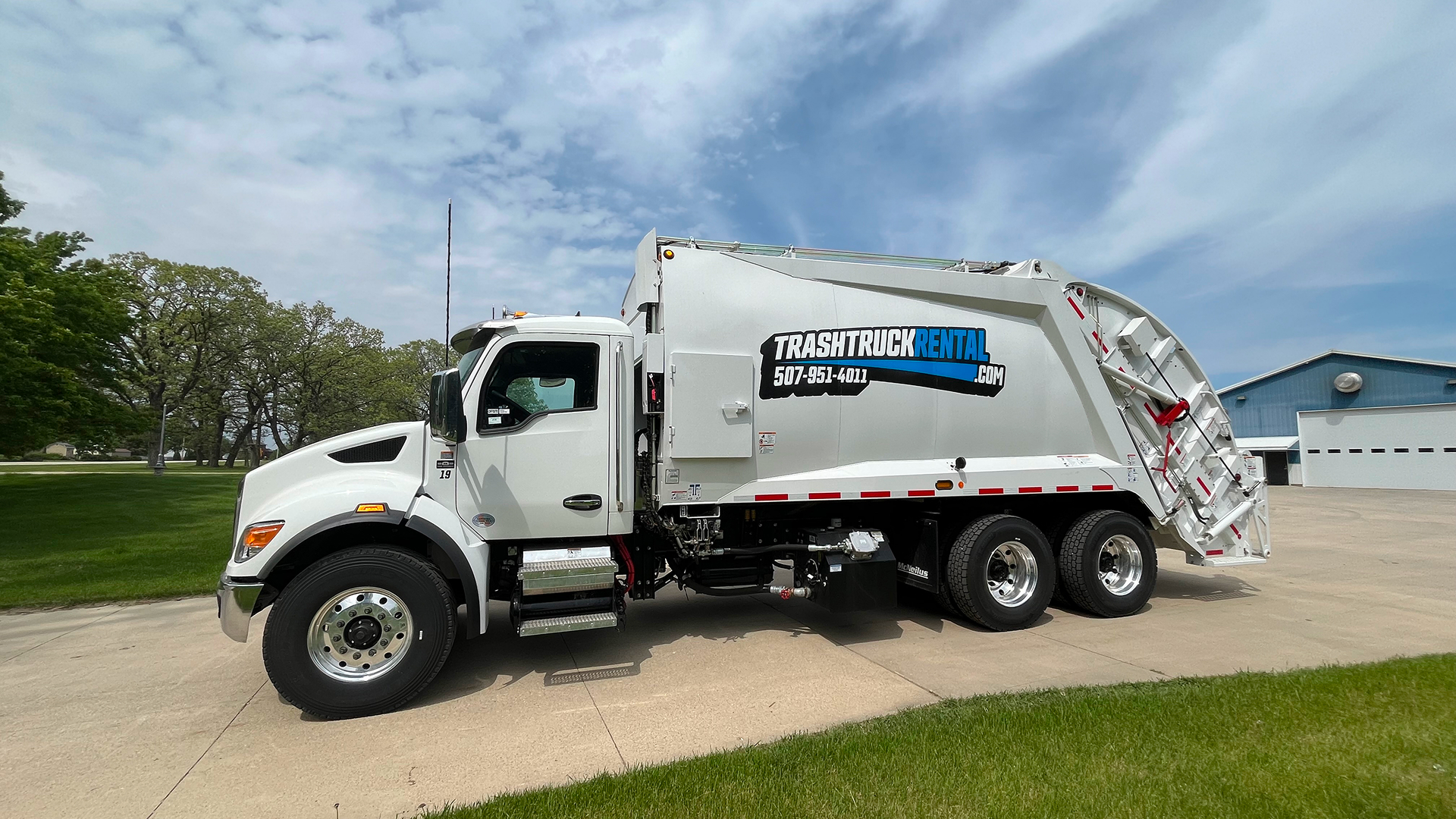
Best Garbage Trucks for Short-Term Rental in 2025
Discover how to choose the best garbage truck for short-term rental. Compare types, costs, and find the right fit for your waste operation.
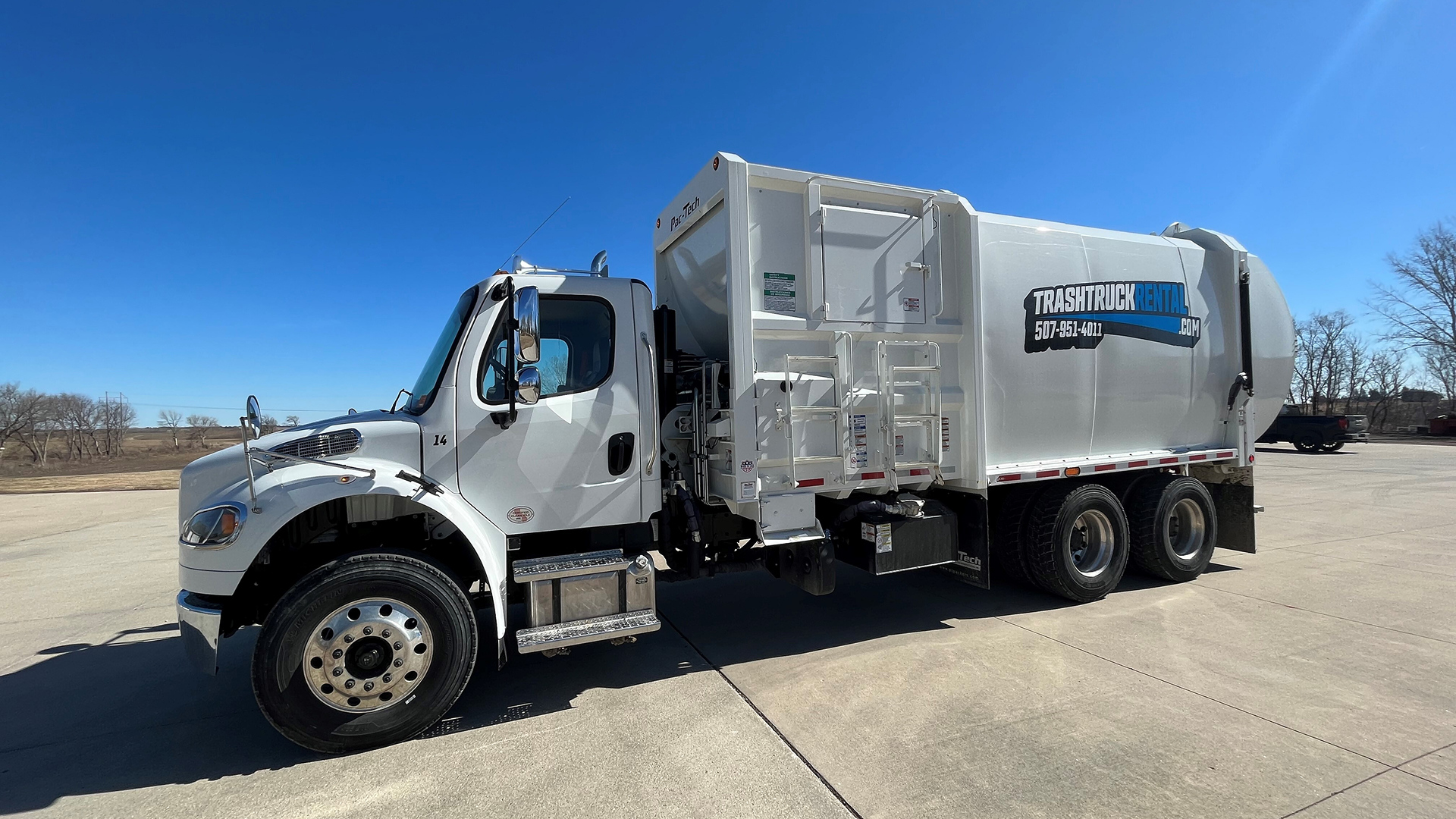
Understanding GCWR: What Does it Mean?
Master GCWR meaning for waste management. Understand it's vital role in fleet safety, compliance, & efficiency. Also learn the difference between GCWR and GVWR.
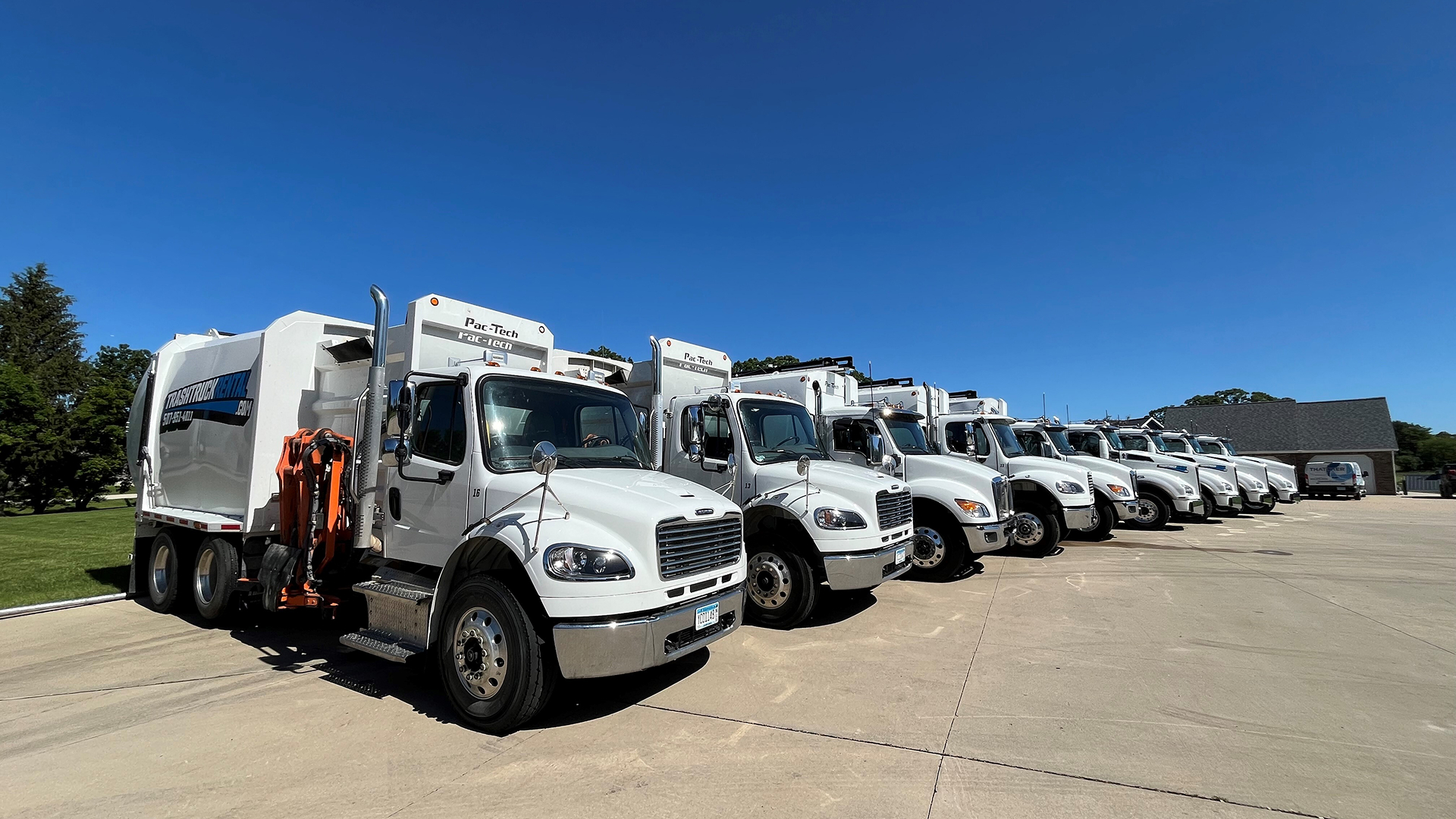
How to Start a Waste Management Business in 2025
Learn how to start a trash business in 2025. Get tips on choosing your niche, permits, funding, and marketing for a profitable, sustainable venture.
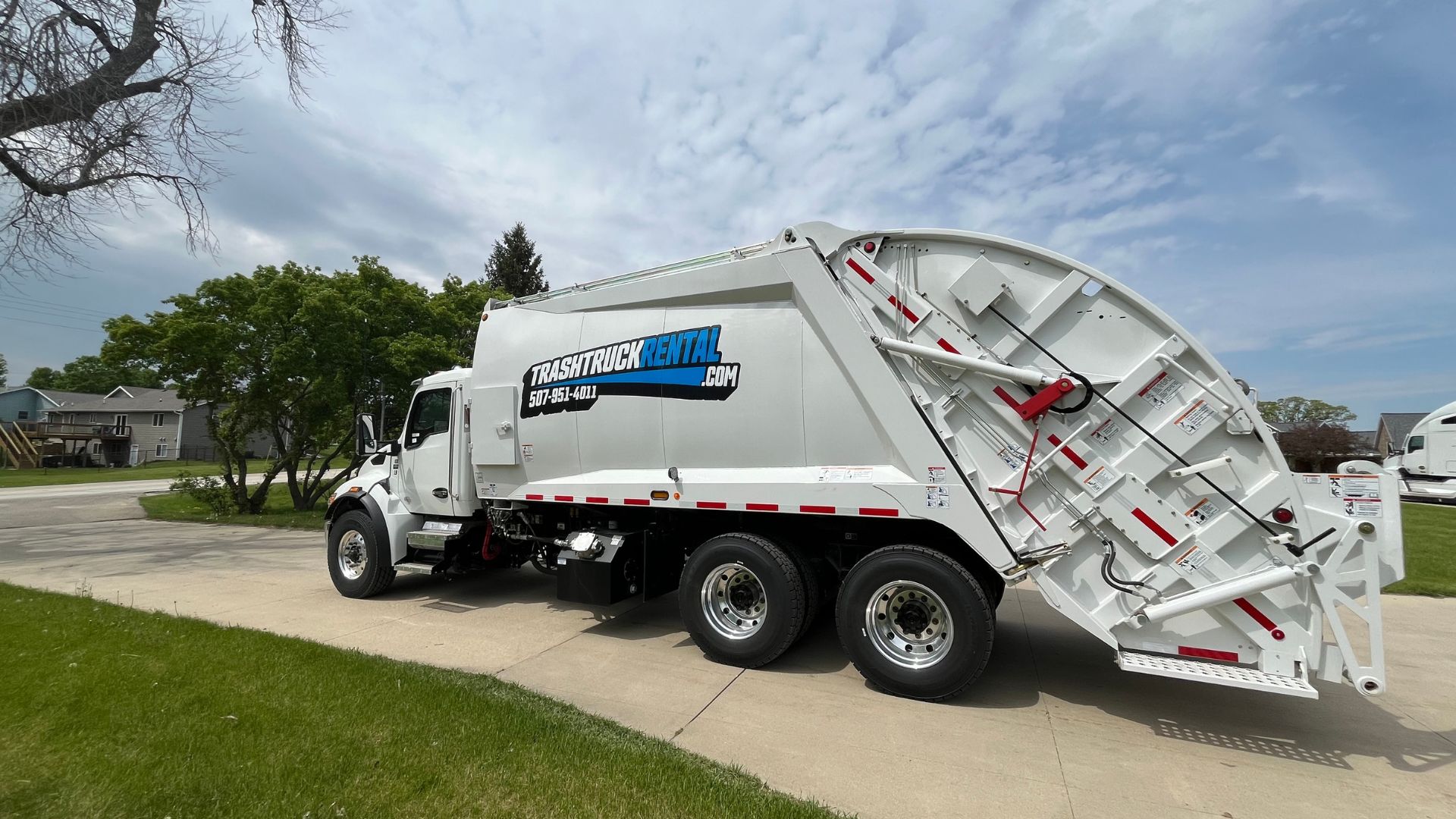
How Garbage Trucks Work: A Comprehensive Guide
Learn how a garbage truck works from hydraulics to compaction and automation. Understand truck types, features, and eco-innovations in waste collection.
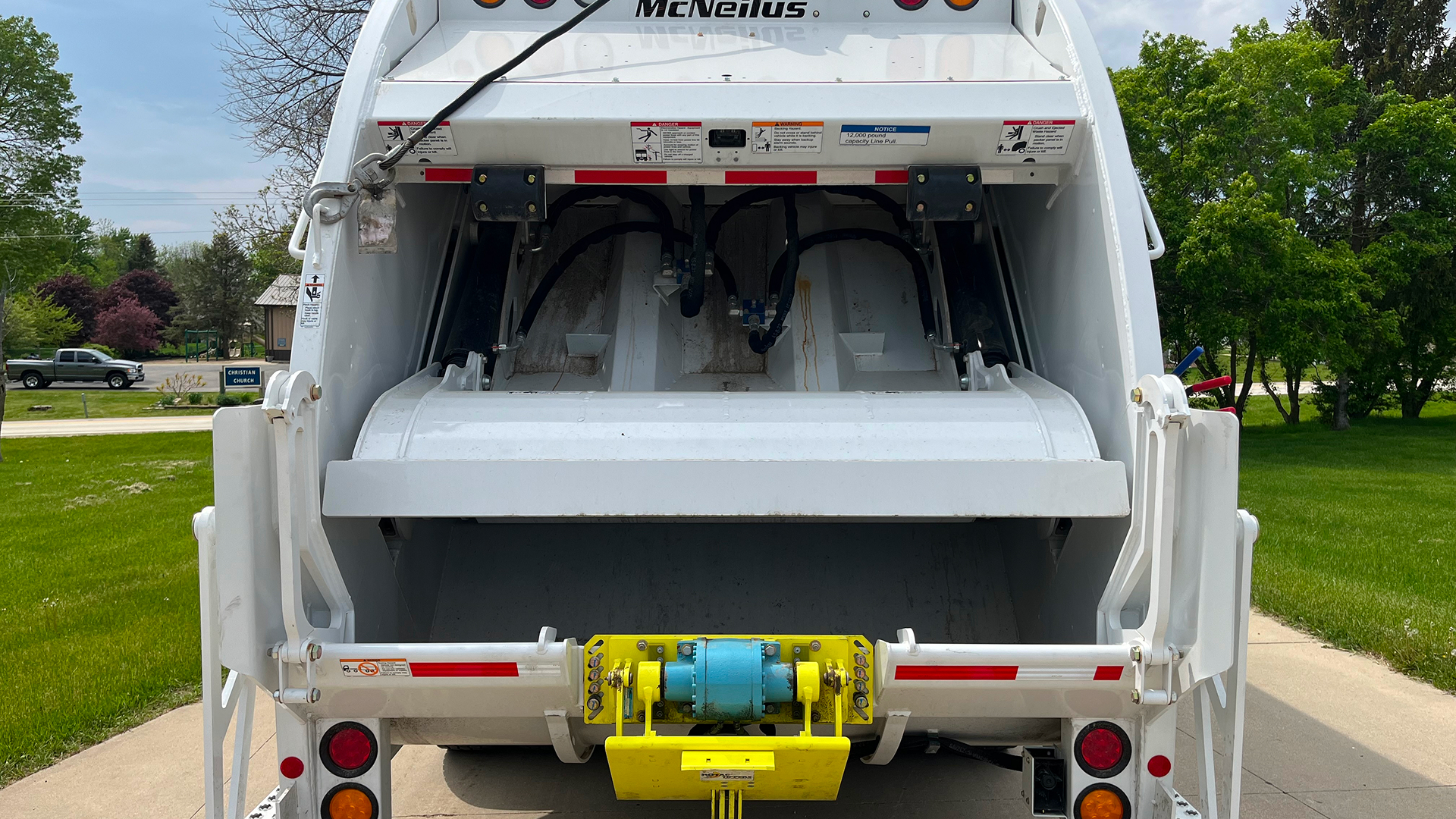
How Does a Rear-Loader Garbage Truck Work?
How does a rear loader garbage truck work? Discover the key parts, compaction process, and efficiency benefits to enhance your fleet’s safety and performance.
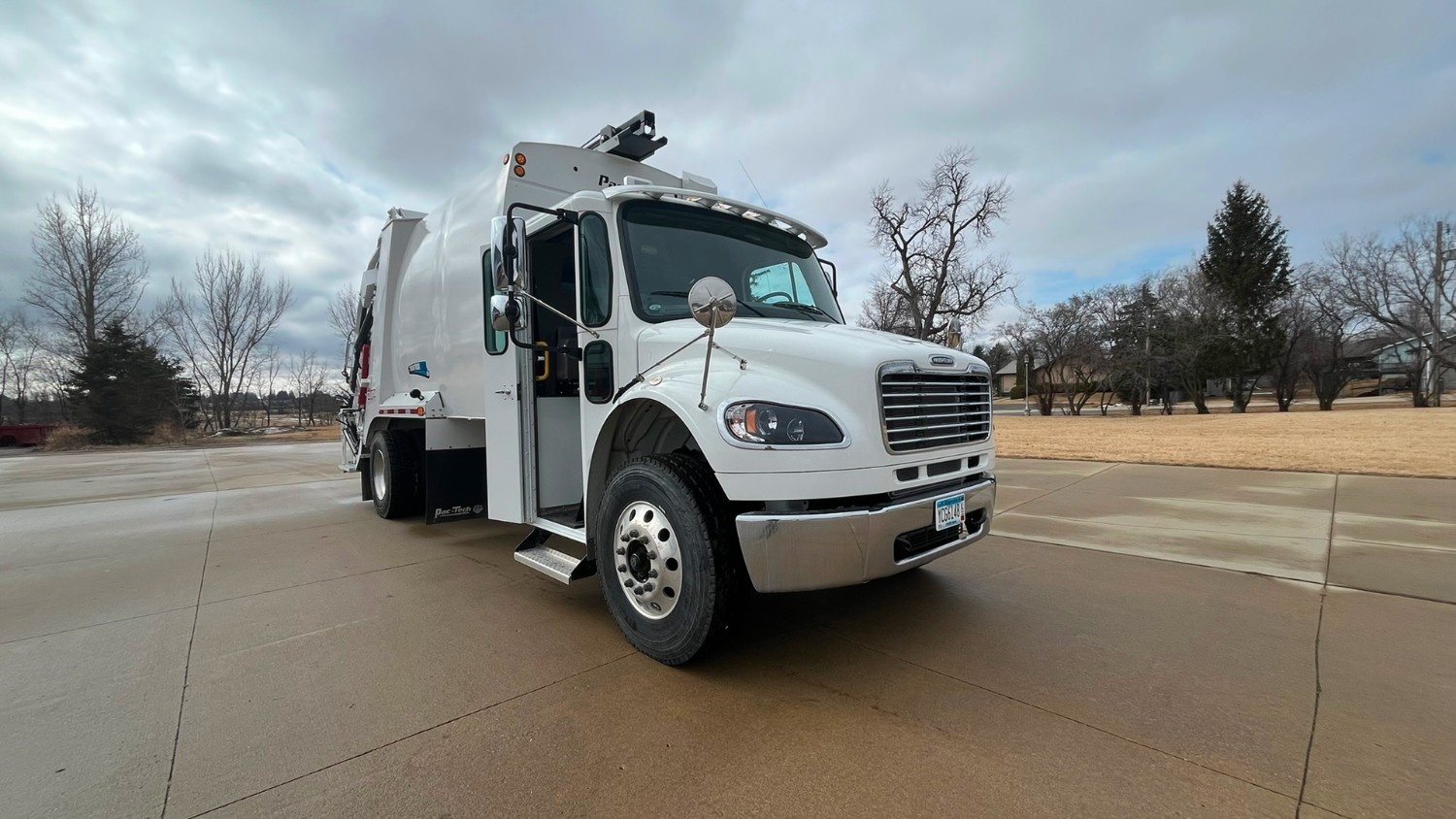
Essential Truck Driving Tips for Winter Weather
Master essential truck winter driving tips! Prepare your rig, manage icy roads safely, enhance driver wellness, and leverage tech for an informed. Drive Safe.
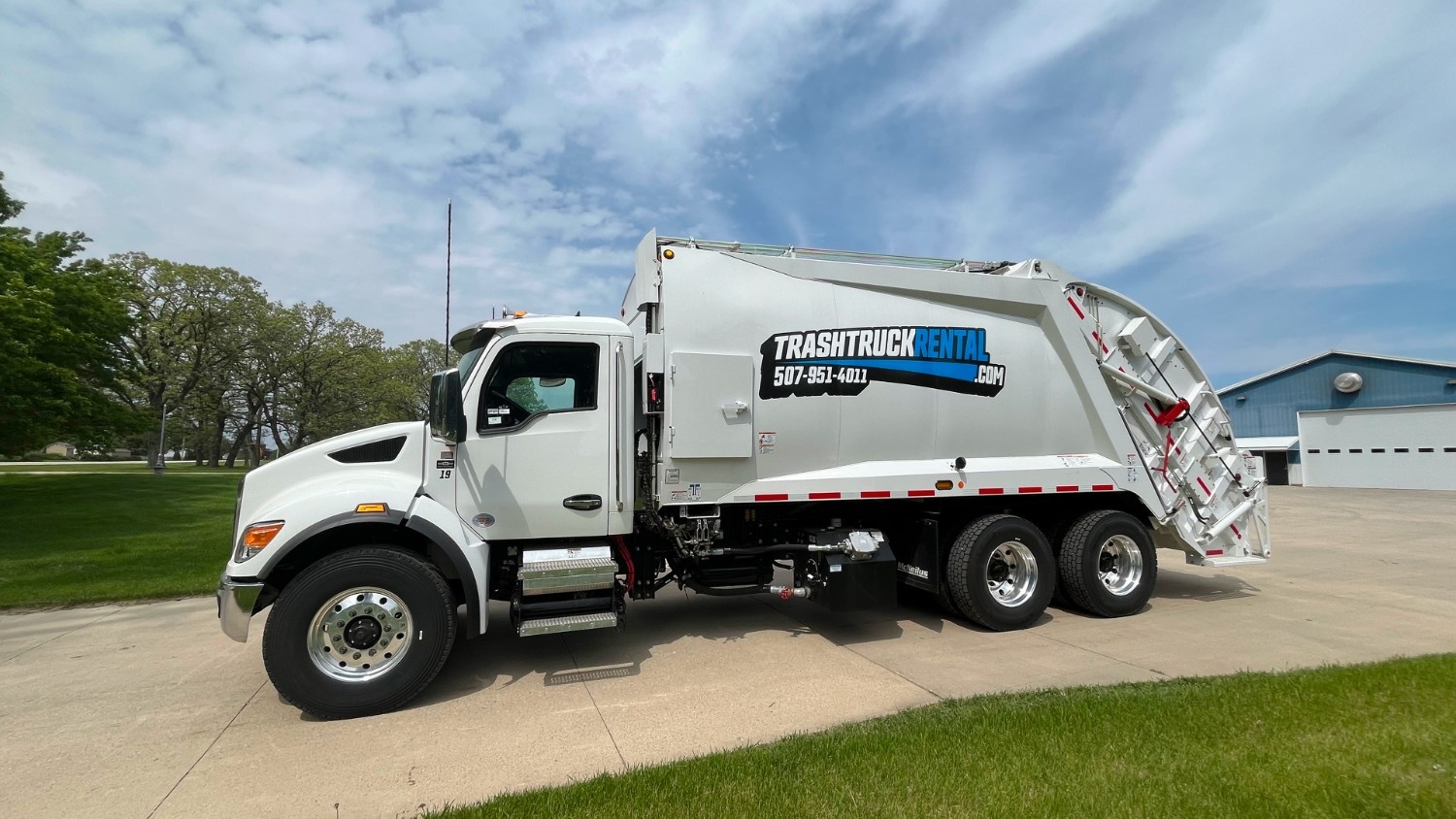
Long-Term Garbage Truck Rental Requirements
Discover the requirements for our long-term garbage truck rental program, including insurance, CDL, deposit, and more, to secure a reliable fleet for your needs
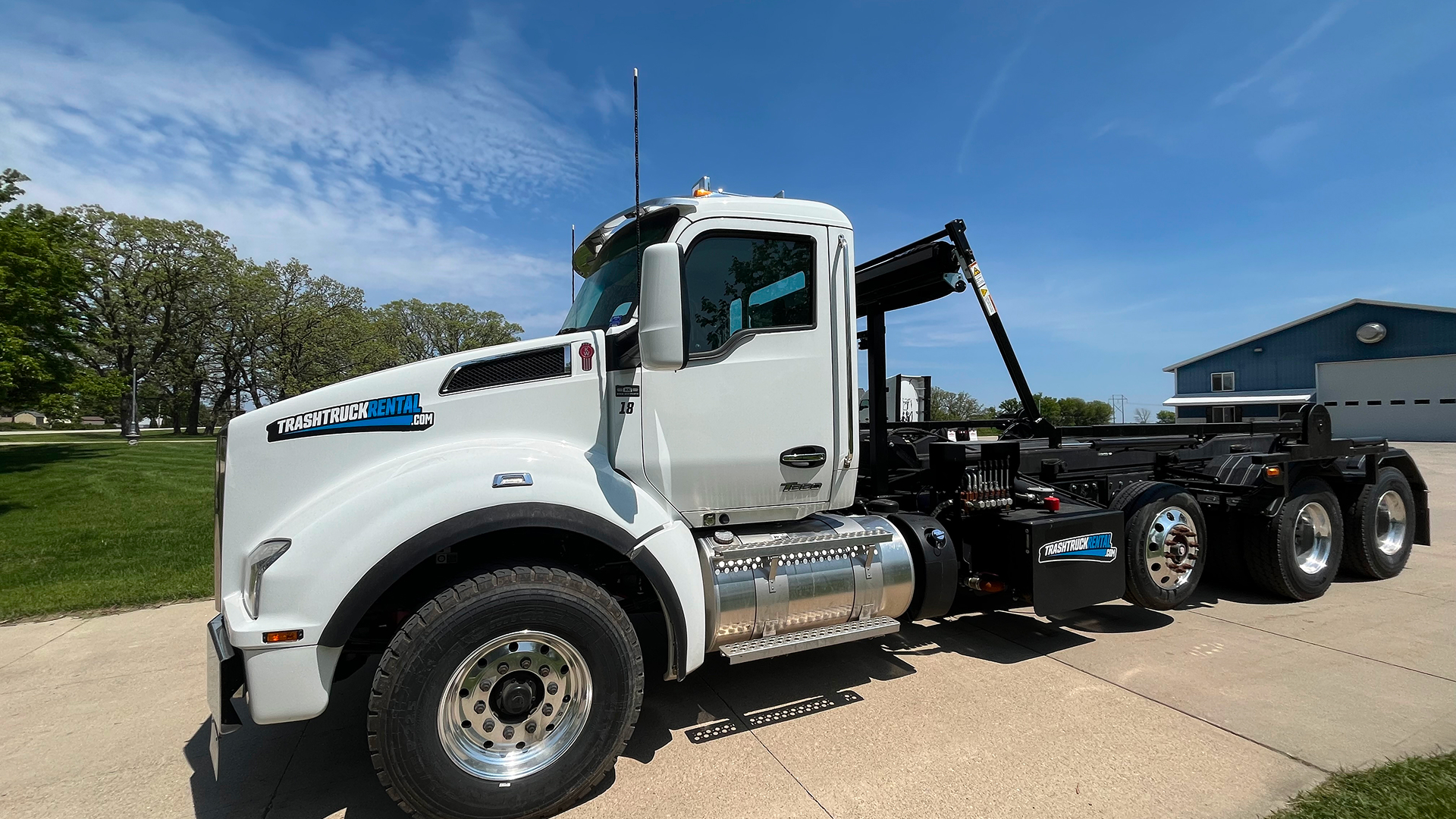
GCW Meaning and Explanation for Trucks
Learn how truck weight ratings work and how to calculate them, with GCW explained clearly to help you stay safe, legal, and efficient in trucking operations.
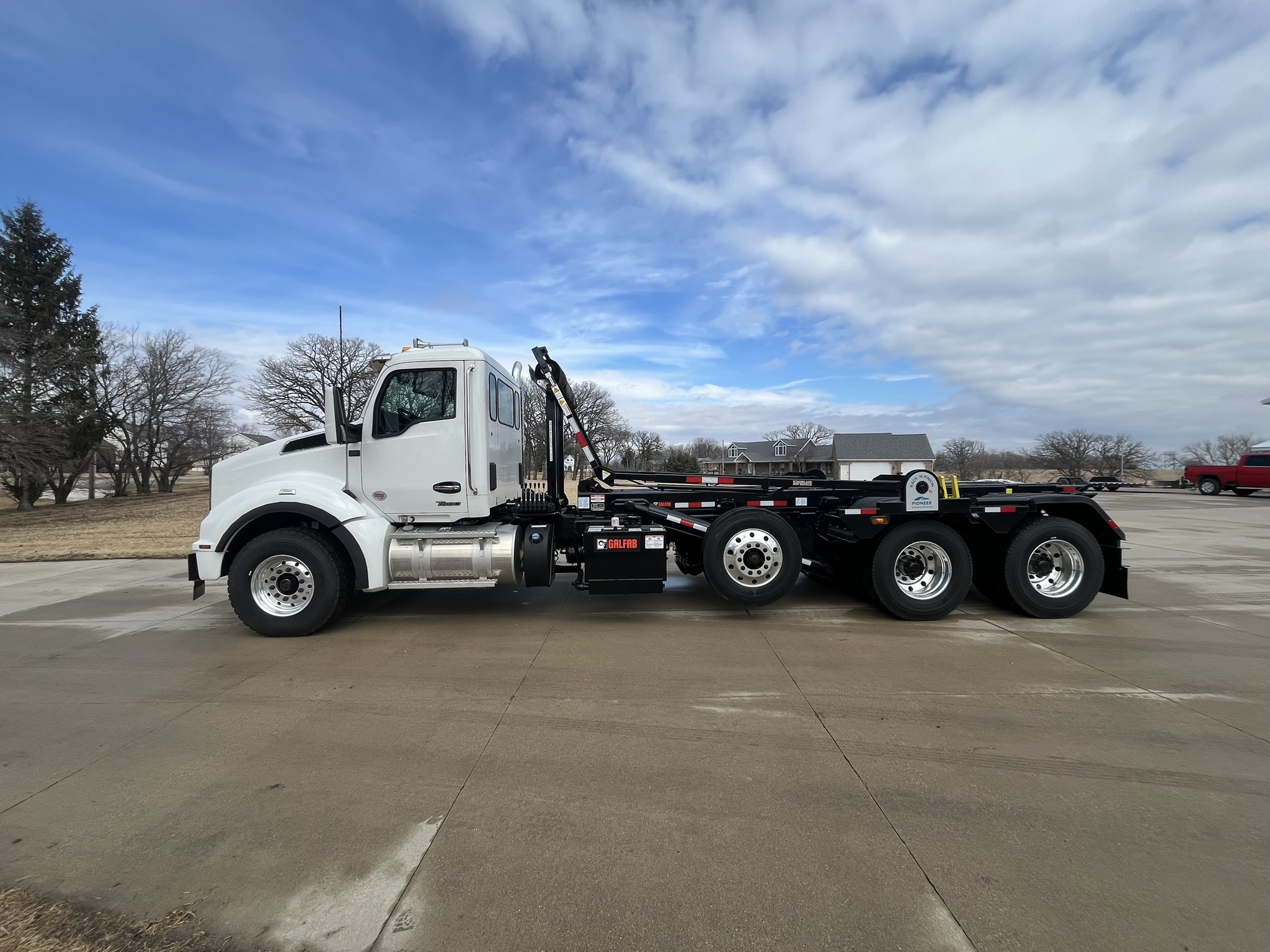
Roll-Off Trucks: What They Are and How They Work
Discover what a roll-off truck is, how it works, and its vital role in waste management. Discover the various types and find the ideal truck for your needs.
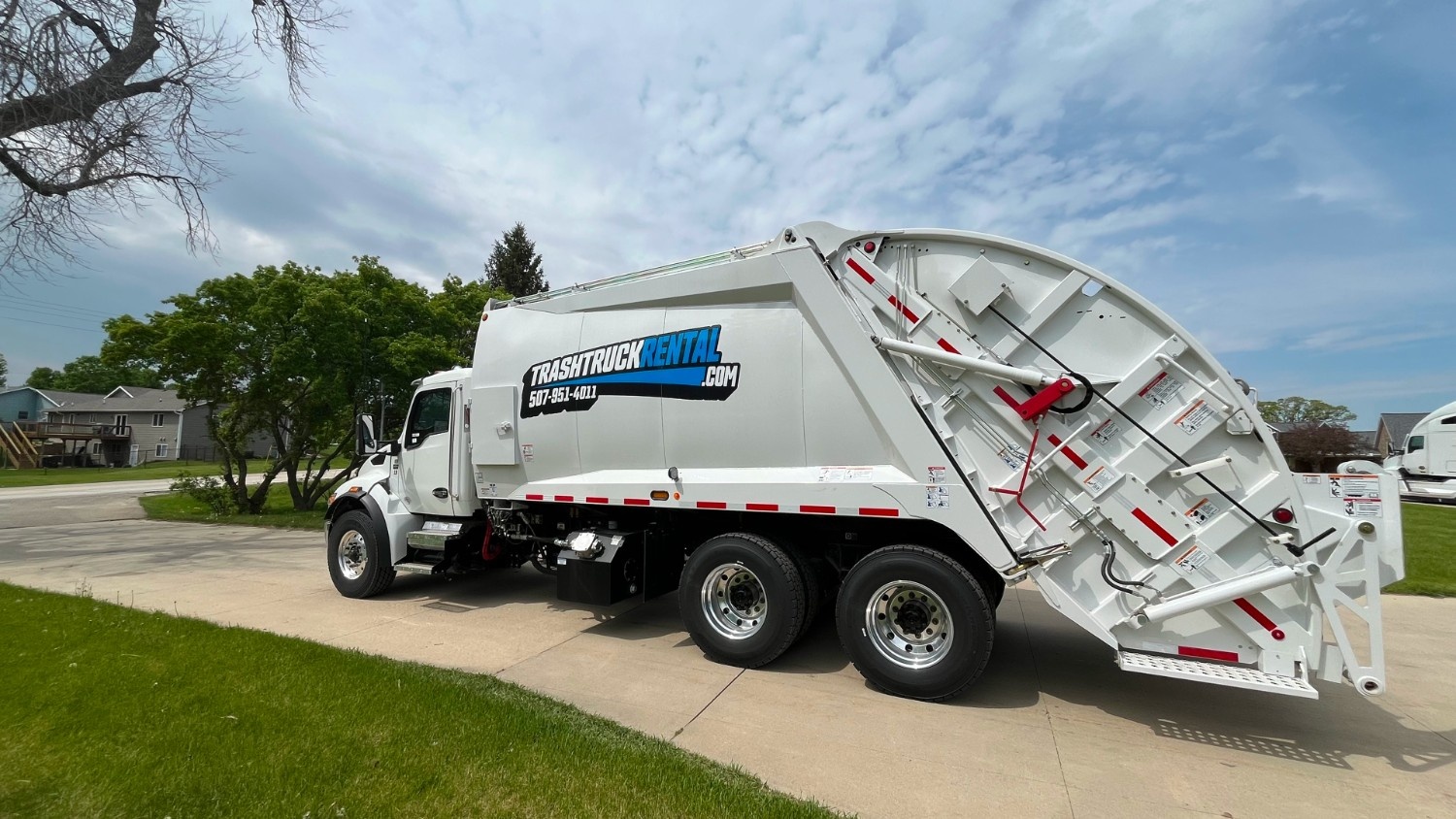
Rear Loader Garbage Truck Safety Tips and Best Practices
Boost rear loader garbage truck safety, conduct pre-trip inspections, use securing devices correctly, and wear PPE. Follow ANSI standards. Click for more!
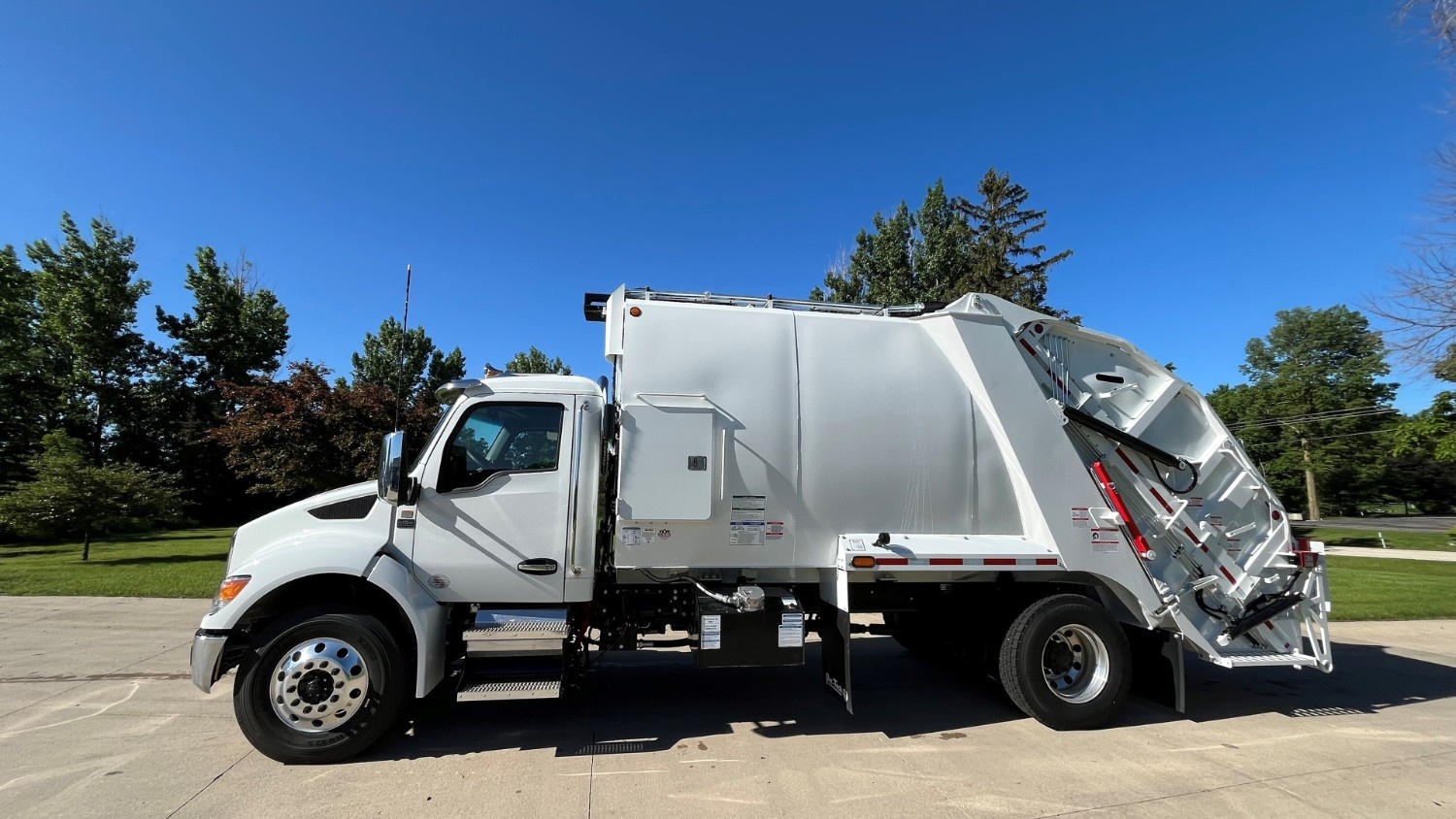
Do You Need a CDL to Drive a Garbage Truck?
CDL is typically required for garbage trucks. Learn about legal requirements, CDL classes, and state regulations. Check your eligibility now.
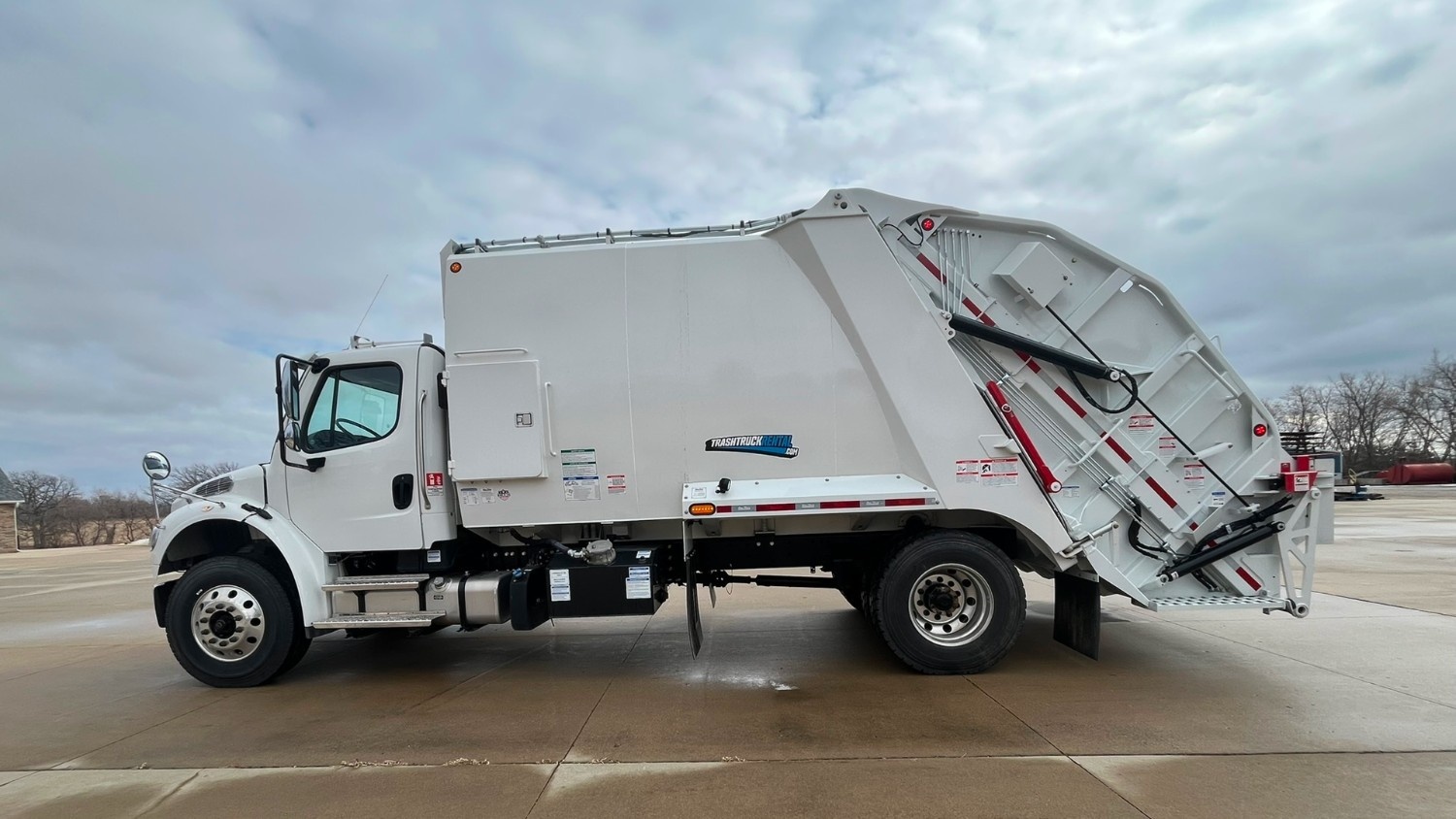
Difference Between Dump Truck and Garbage Truck
Dump truck vs garbage truck: Key differences in function, capacity & types. Essential guide for fleet managers on vital US workhorses. Find your waste solution.

Customer Engagement Strategies in Waste Management
Optimize waste hauling customer engagement. Learn how proactive communication, digital tools, and responsive support build trust & efficiency for your fleet.

Automated Side Load Garbage Trucks Market Trends and Forecast
In this blog, you’ll learn about the latest trends, what’s driving these changes, and what the future could look like. We’ll break things down clearly, so you can see how these updates might affect your day-to-day work, your team, and your bottom line. From labor challenges to going green, we get the pressure you’re under, and we’re here to help with practical info and solutions you can trust.
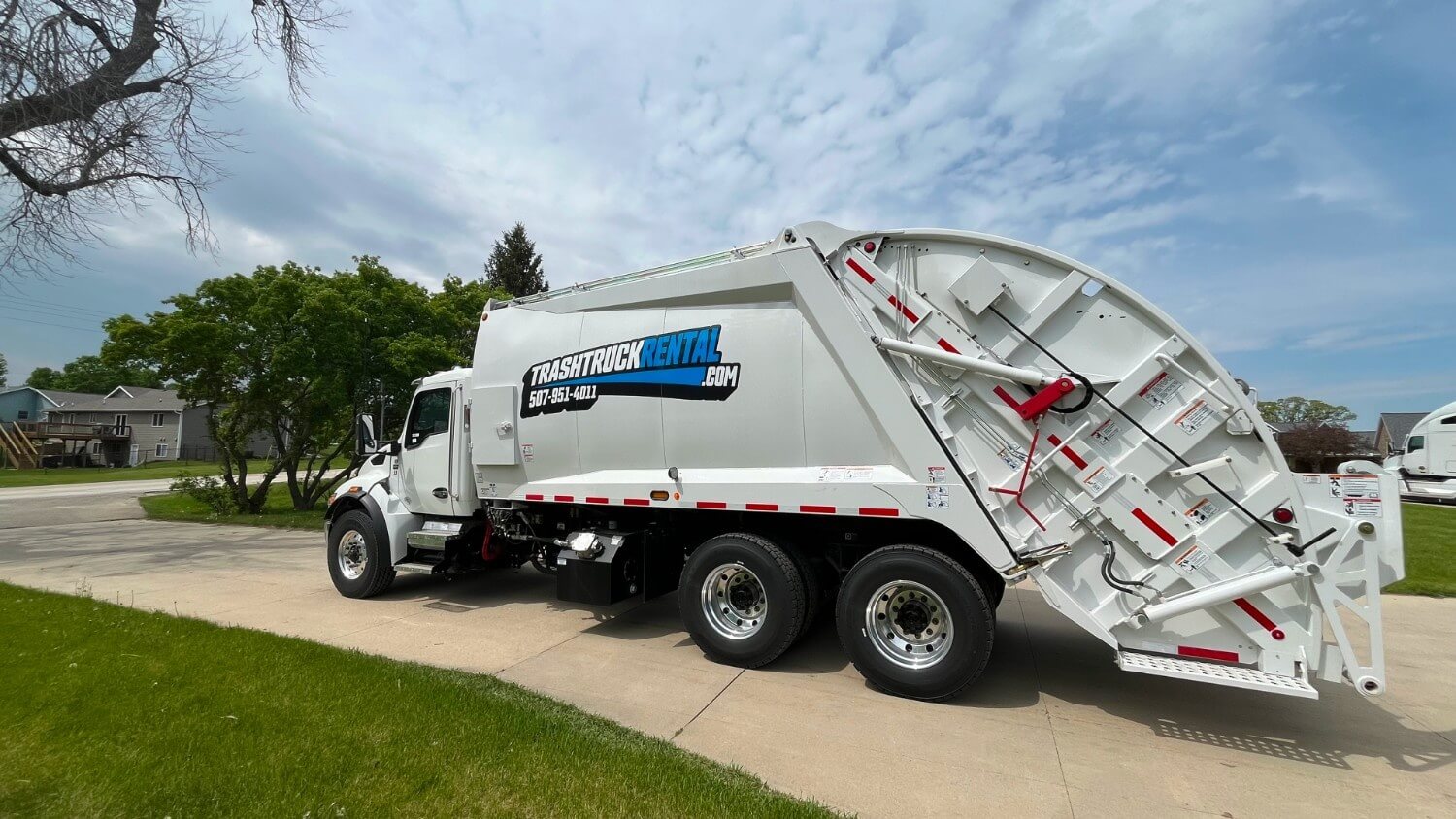
Fleet Truck Rental Services for Commercial Projects
You get the exact vehicle your job calls for, such as roll-off trucks, box trucks, or hook lifts. These are available on a daily, weekly, or monthly basis, without the overhead of long-term commitments.

How Much Does it Cost to Rent a Roll-Off Truck?
This guide breaks down the costs associated with renting roll-off trucks, along with the key factors that influence pricing. If you’re trying to plan smart, save money, and choose the right partner, this article has the insights you need to make a confident decision.

Minimum Contract Length For On-Demand Garbage Truck Rental
This guide breaks down common rental timeframes, what influences them, and how Trash Truck Rental makes the process easier by offering reliable, well-maintained trucks customized to your project’s needs without added stress.

How the Back of a Garbage Truck Works: Key Functions
Whether you’re managing routes for a mid-size municipality or optimizing uptime for a private waste operation, garbage trucks aren’t just about collecting bags: they’re about keeping your schedule intact, your crew safe, and your budget under control.
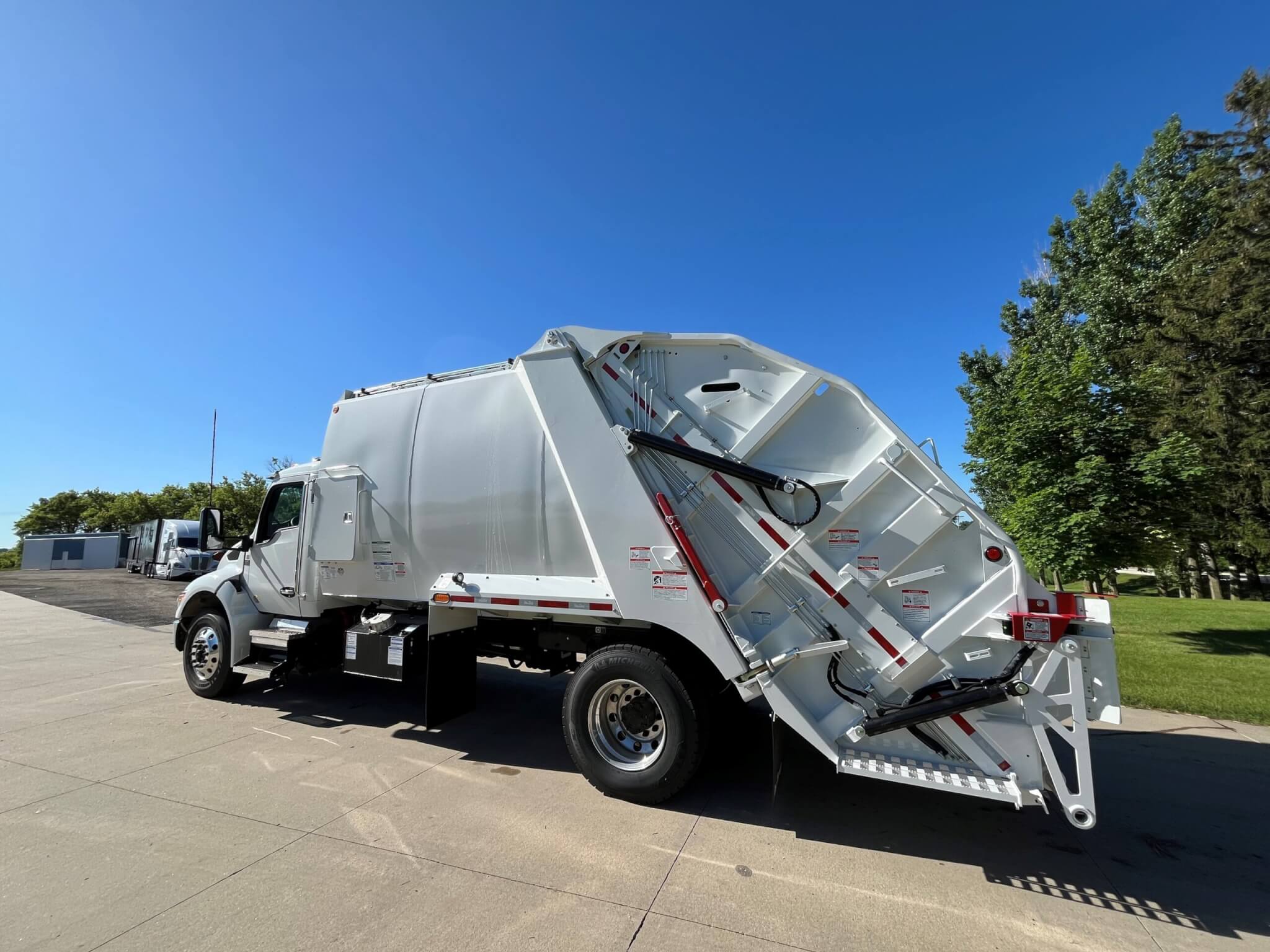
Refuse Compactor Truck Guide: Types, Uses & Leasing Info
Unlike standard garbage trucks, these are built to handle dense, high-volume waste by compacting it mid-route. That means fewer trips to the landfill, more efficient pickups, and lower operating costs over time.
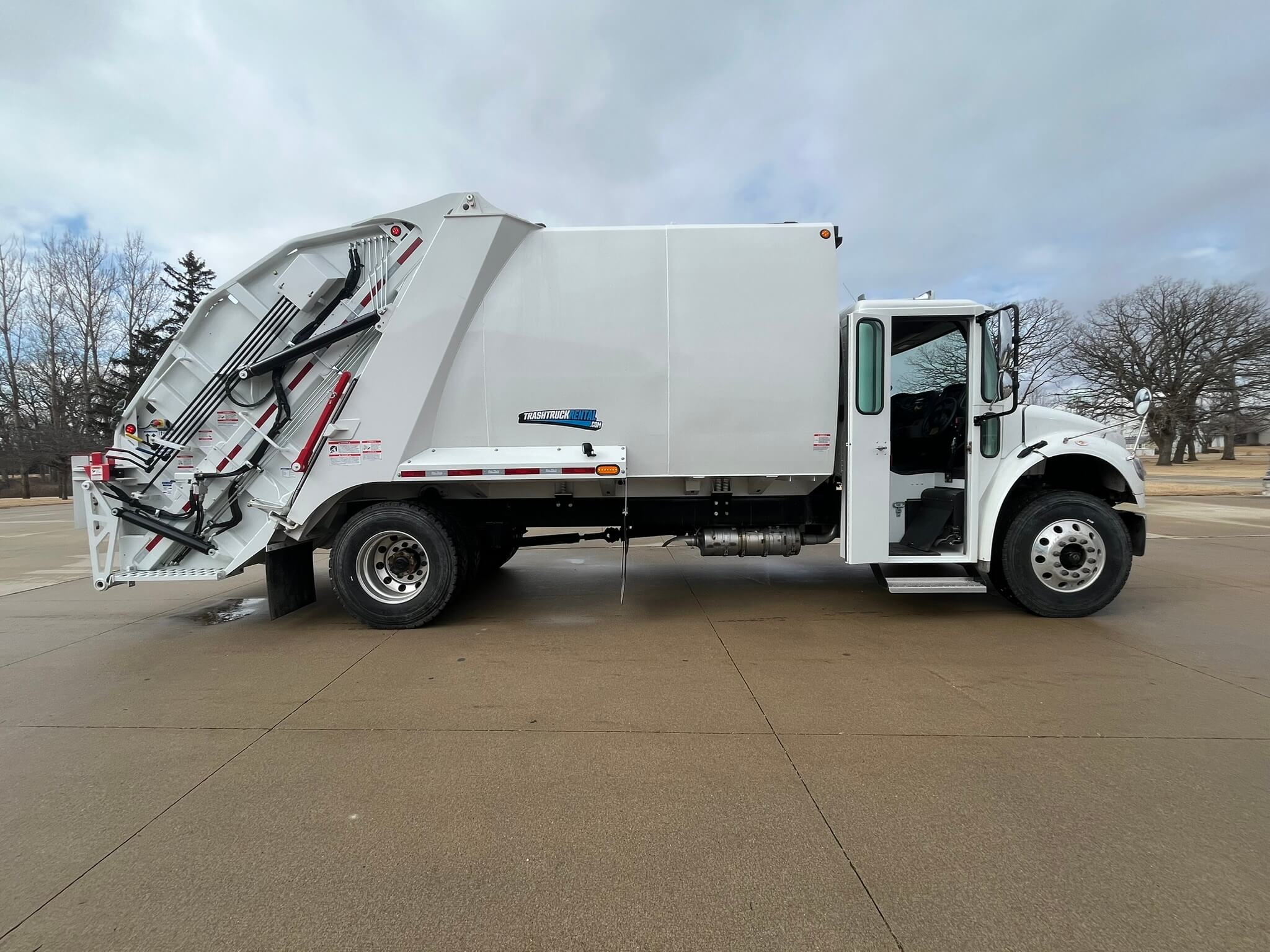
A Guide to Different Types of Garbage Trucks
Some are built for high-volume residential routes, while others are better for job sites or commercial stops. These differences impact your fuel spend, how often trucks need repairs, and whether your crew can stay on schedule. Knowing what each truck is designed to handle helps you avoid delays, reduce overhead, and stay compliant with local waste handling rules.
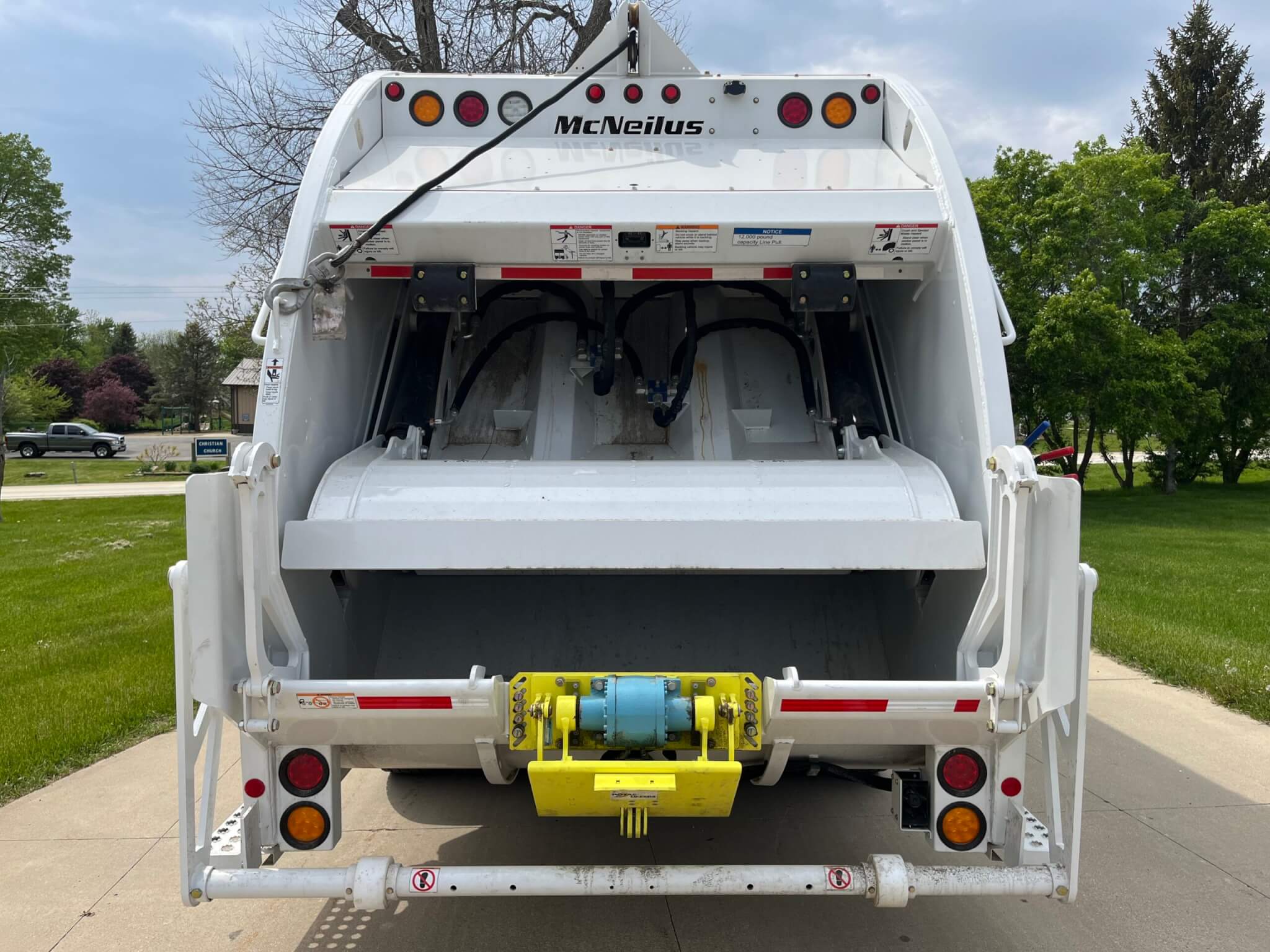
Advantages of Rear Loader Garbage Trucks Explained
You’ve probably seen rear loader garbage trucks making their rounds in neighborhoods; efficient, reliable, and built for the job. But have you ever wondered why certain trucks are used in specific areas? It’s not just about capacity; it’s about how well the truck fits the environment.

Too Many Stops, Not Enough Trucks? How to Stay on Top of Summer Routes
From neighborhood cleanups and DIY home projects to community festivals and increased yard waste, your routes are likely running longer and filling up faster. And while that’s good news for business, it can be tough to manage when your fleet is already stretched thin.

Tax Benefits of Renting vs. Owning a Garbage Truck: Why Renting Could Be the Smarter Choice for Your Business
In this post, we’ll break down the tax advantages of renting a garbage truck with Trash Truck Rentals compared to buying, helping you make the best decision as you plan for the upcoming year.
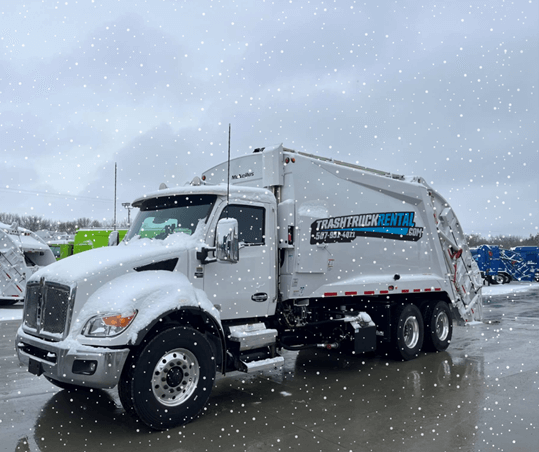
Freeze-Proof Your Fleet: How Renting Garbage Trucks Can Save Small Haulers from Winter Woes
As the winter months approach, garbage truck operators are gearing up for a busy season filled with unpredictable weather and tough conditions.

A Guide to Expanding Waste Management Services: Renting for Growth
For waste management companies looking to grow, renting garbage trucks offers a flexible, cost-effective, and low-risk solution. Whether you’re expanding into new markets, adding specialized services, or managing seasonal demand, renting provides the operational support needed to scale your business effectively. With Trash Truck Rentals, you can access a range of vehicles and rental terms tailored to your business needs, helping you grow with confidence.
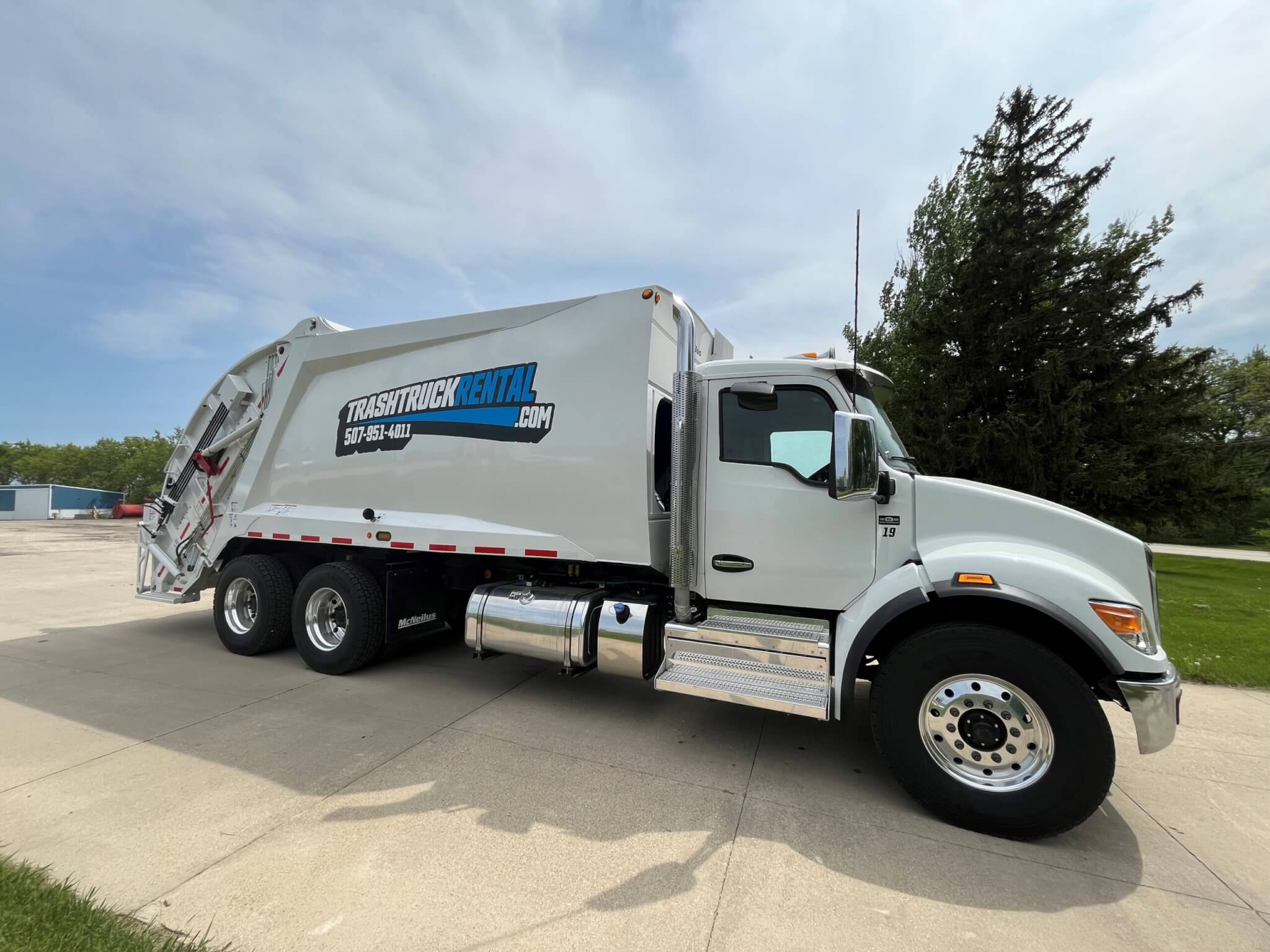
Leasing a Garbage Truck: A Cost-Effective Solution for the Busy Season
Leasing a garbage truck during the busy season can be a cost-effective and flexible solution for waste management companies. It allows you to meet increased demand without the significant upfront cost of purchasing a new truck. However, it’s important to consider the long-term costs and potential limitations of leasing before making a decision. As with any major business decision, it’s advisable to consult with financial and legal experts to ensure that leasing is the right choice for your specific needs and circumstances.

Waste Expo 2024: The Ultimate Gathering for Waste and Recycling Professionals
Waste Expo 2024 promises to be an exciting and informative event, providing attendees with the knowledge, tools, and connections needed to navigate the rapidly evolving waste and recycling industry. Don’t miss your chance to be part of this significant gathering.

Brand Positioning: A Key to Success for Your Waste Management Company
By focusing on these key aspects, a waste management company can create a strong brand positioning that sets it apart from competitors and resonates with customers who value environmentally sustainable practices.
.jpeg)
Essential Safety Tips for Garbage Truck Drivers and Companies
Garbage truck drivers and companies play a crucial role in maintaining the cleanliness and hygiene of our communities.
.jpeg)
7 Helpful Tips to Get More Residential Garbage Customers
Helpful Tips to Get More Residential Garbage Customers
.jpeg)
The Benefits of Renting a Garbage Truck for Fleet Maintenance and Management
Renting garbage trucks can be an effective strategy for waste management companies looking to maintain their fleet while keeping costs in check.
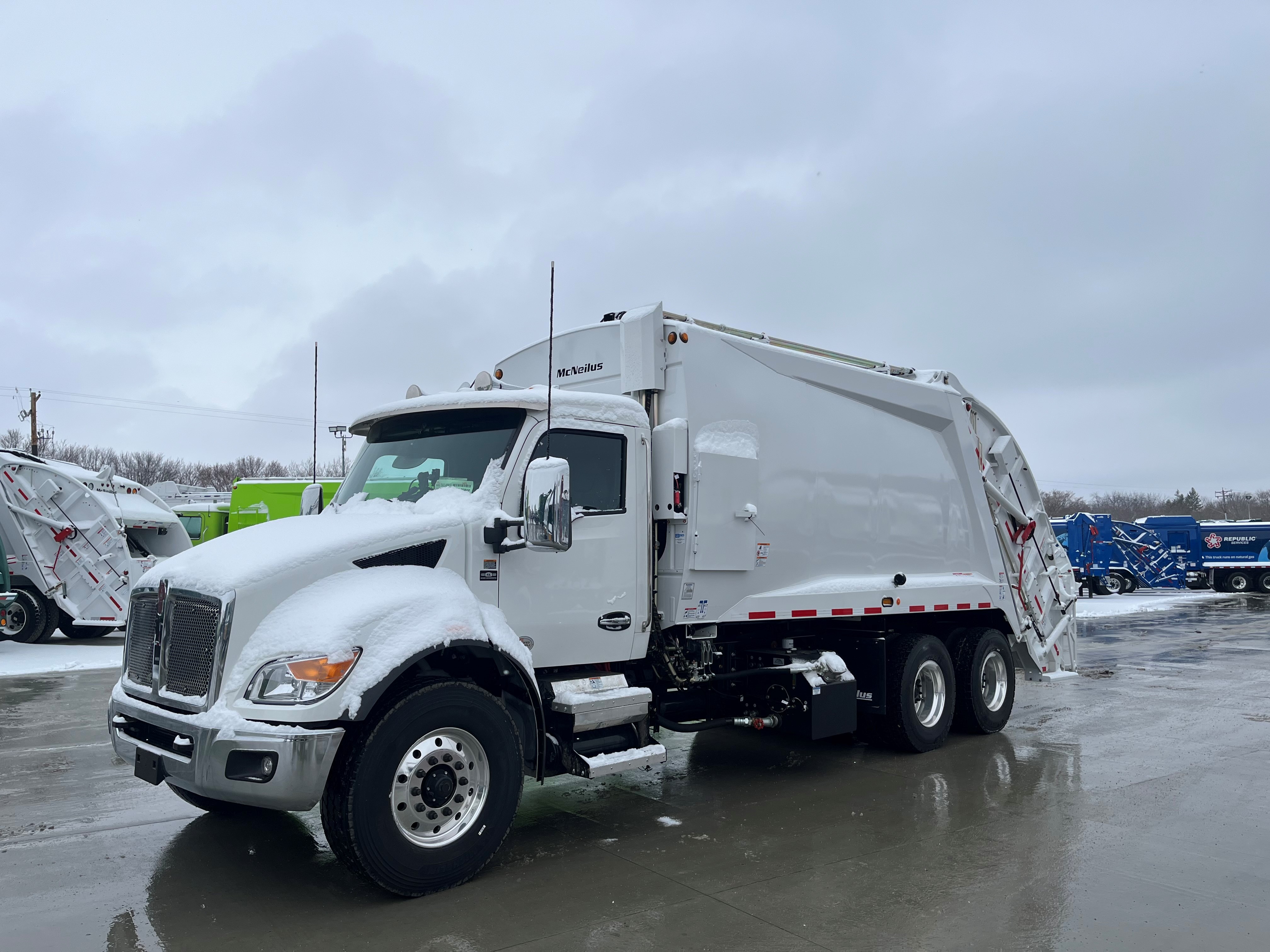
5 Essential Tips for Choosing the Right Garbage Truck To Rent For Your Business
Before you start looking for a trash truck rental company, it's crucial to understand your waste management requirements.

Why Renting A Garbage Truck Is Sustainable Solution
Discover why garbage truck rentals are a sustainable and eco-friendly waste management solution, promoting efficient resource use and reduced emissions.

The Cost Breakdown: Renting vs. Buying a Garbage Truck for Your Business
Explore the costs of renting vs. buying a garbage truck for your business, considering upfront costs, flexibility, maintenance, depreciation, and tax benefits.